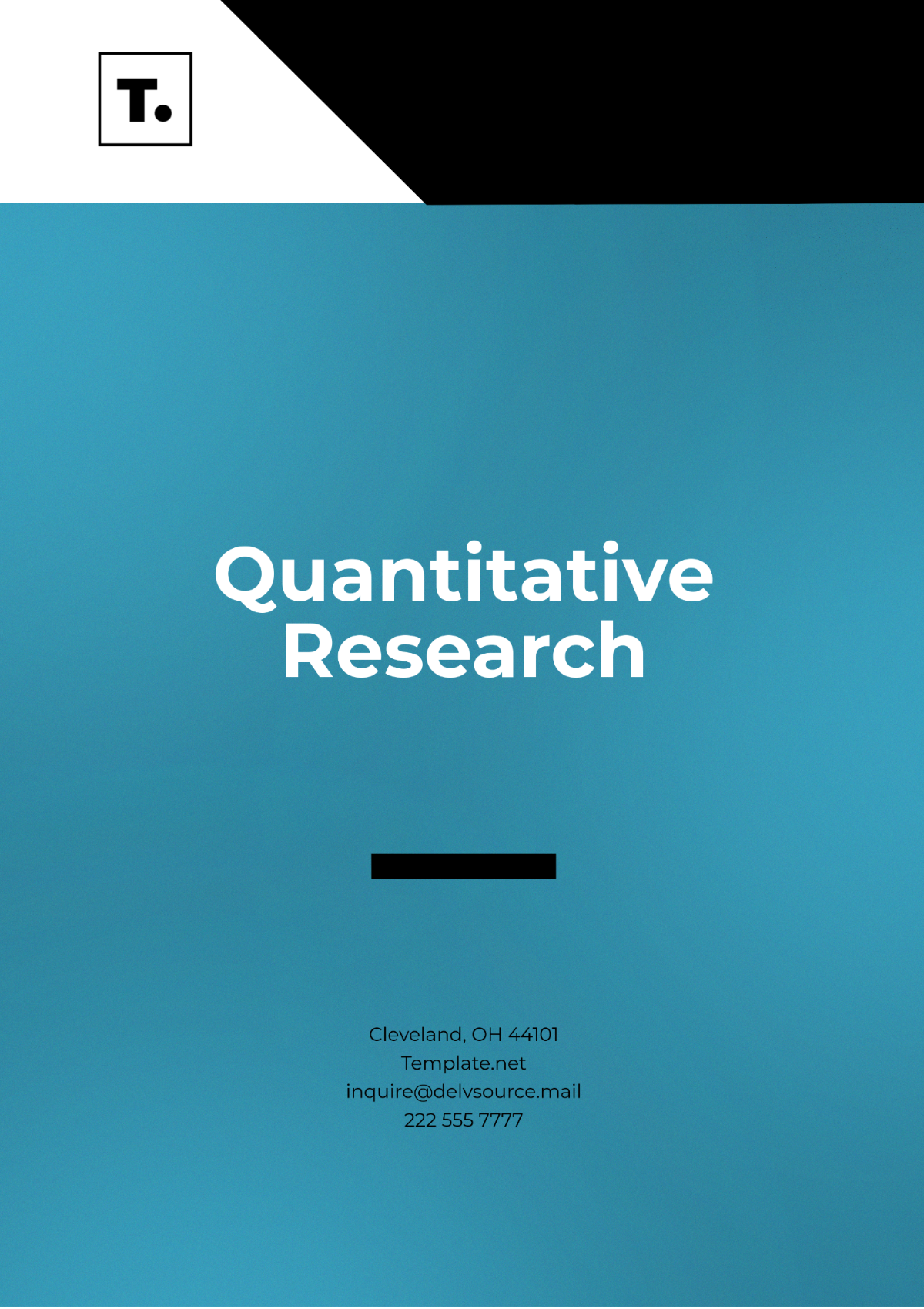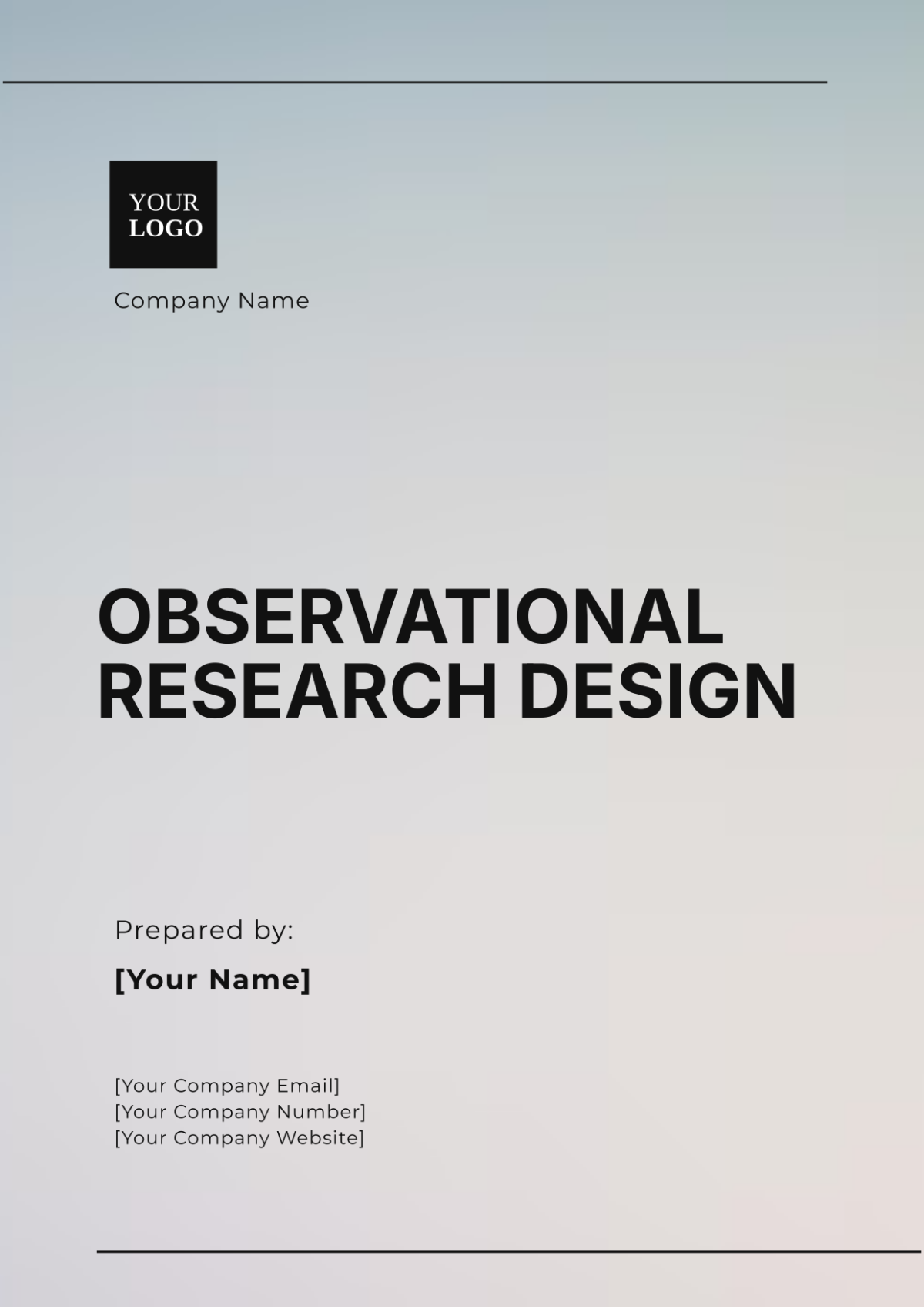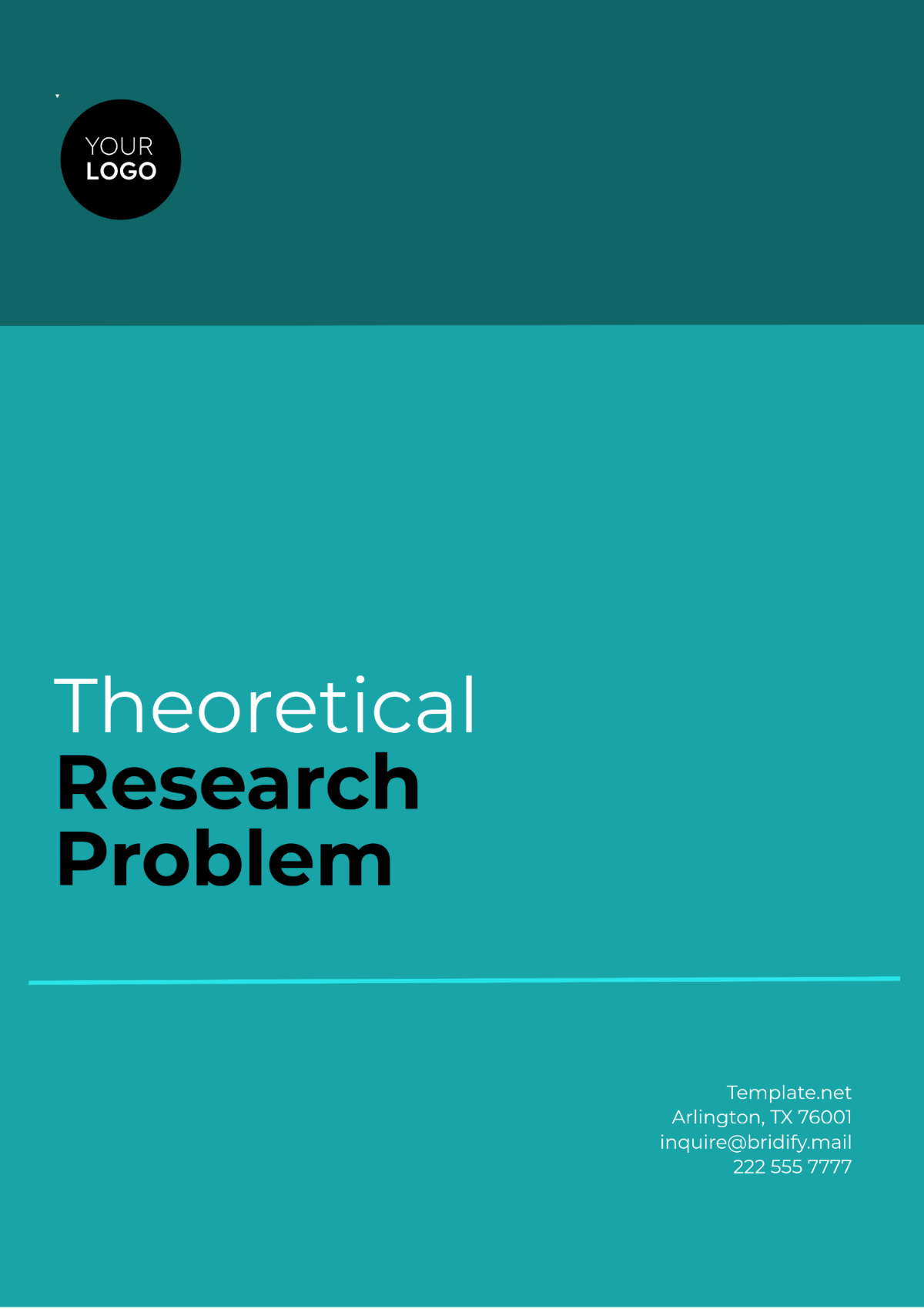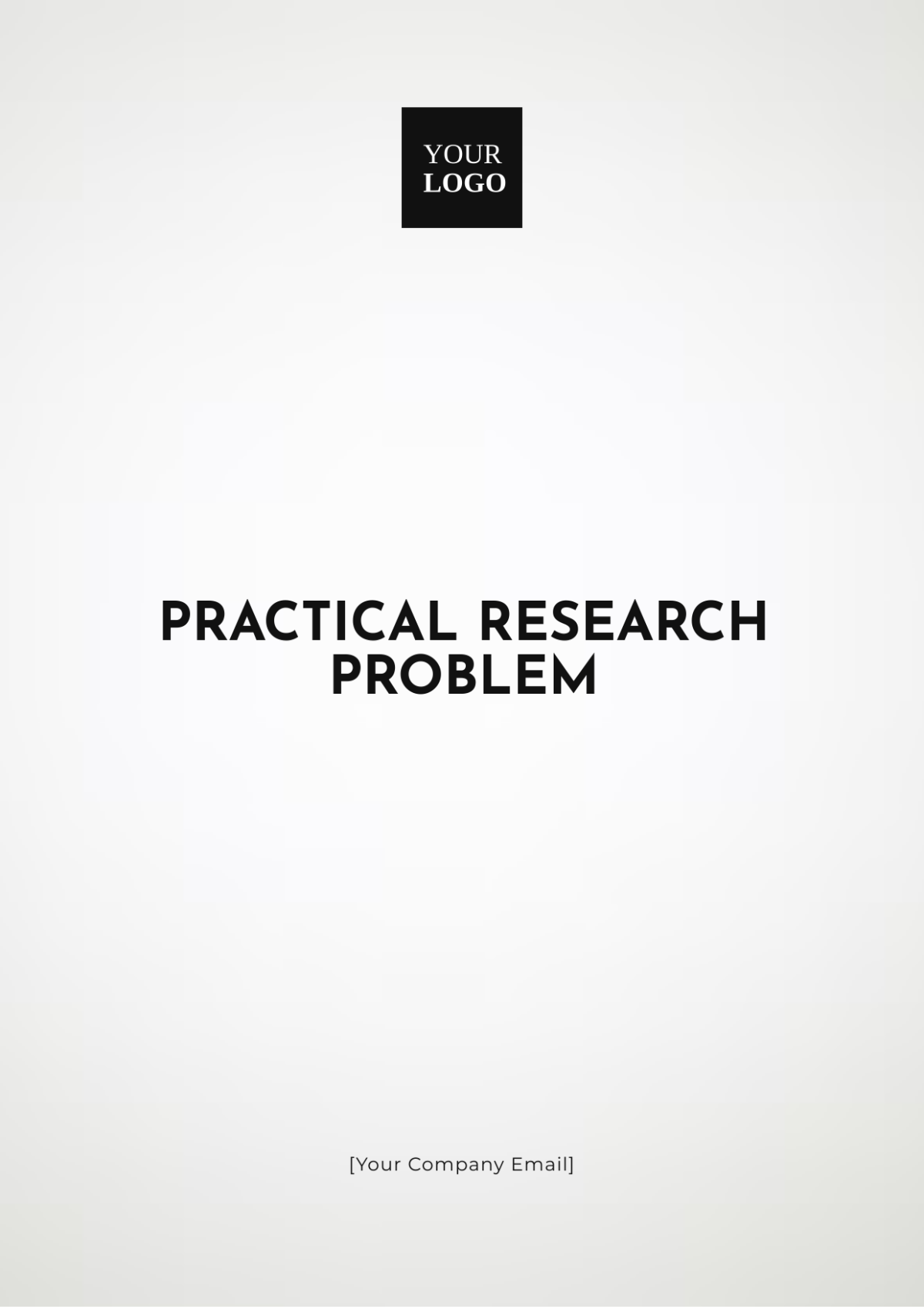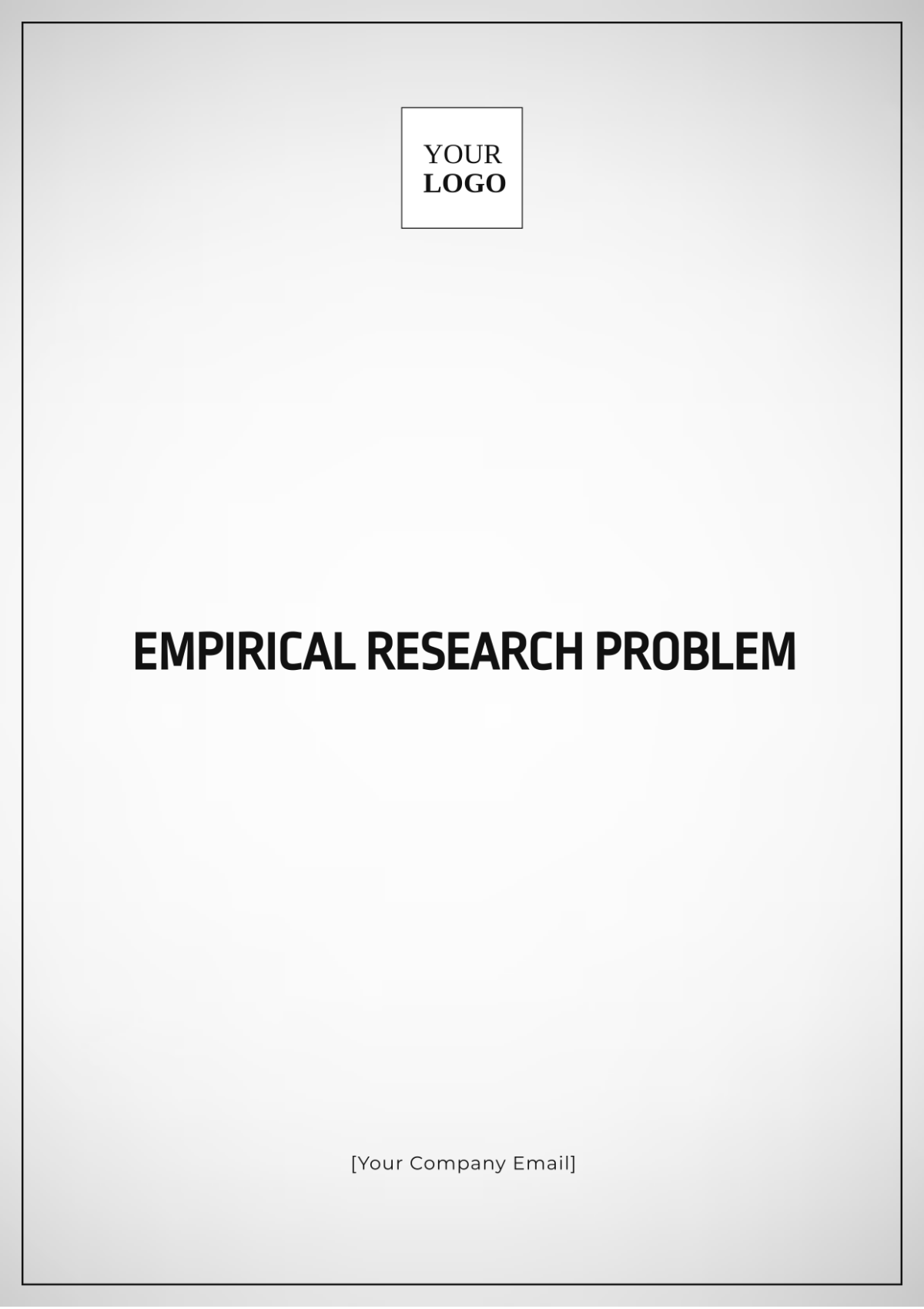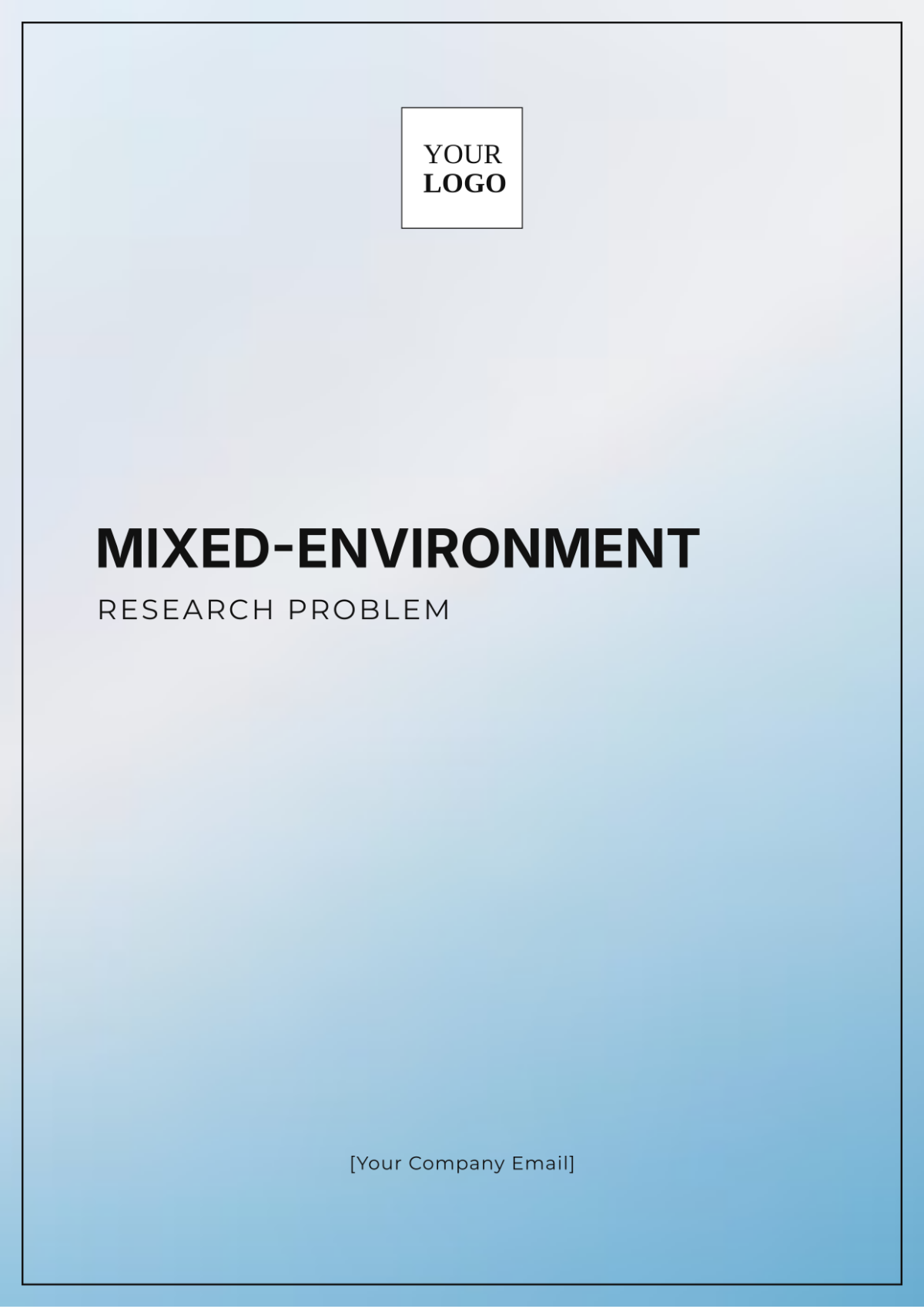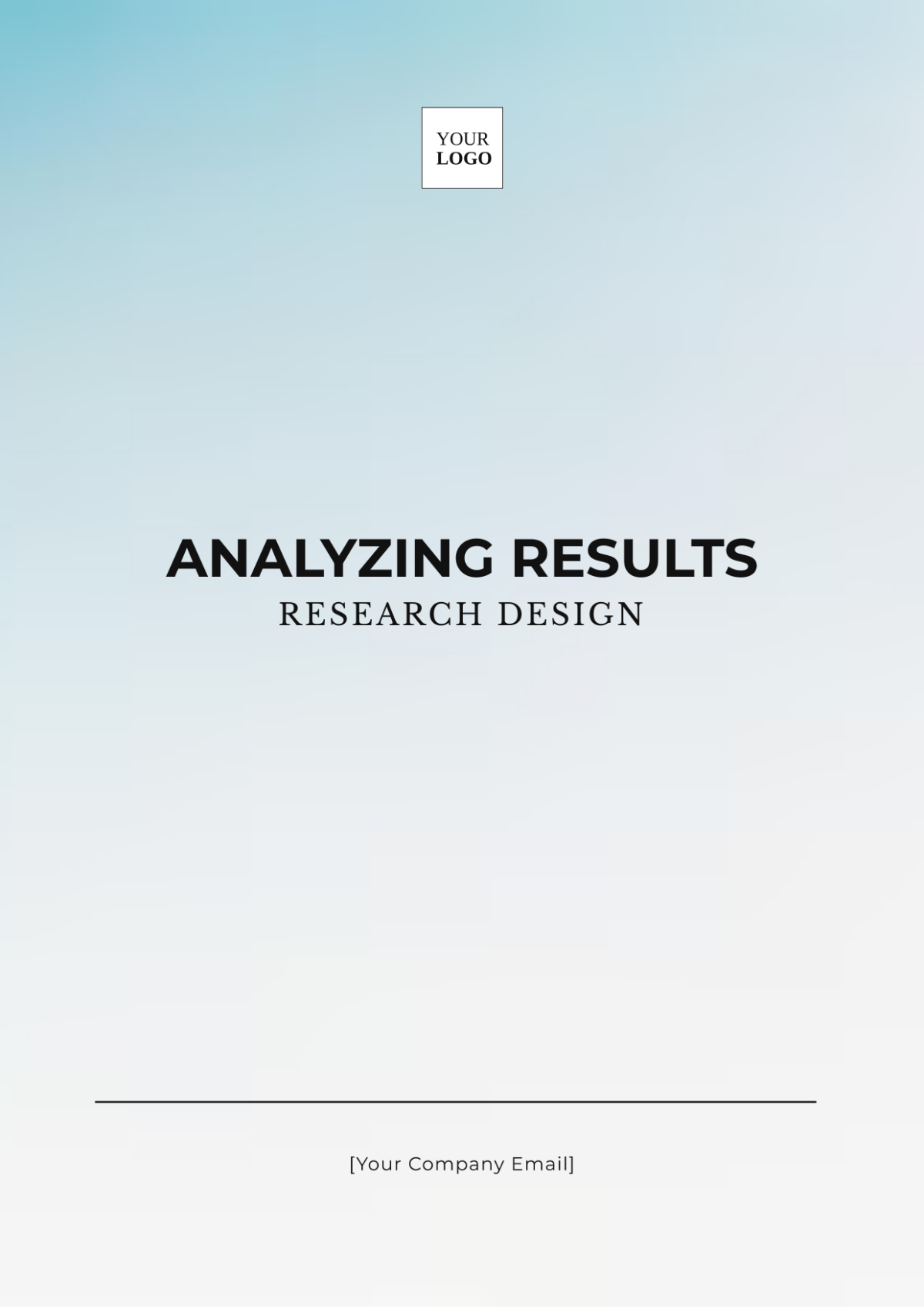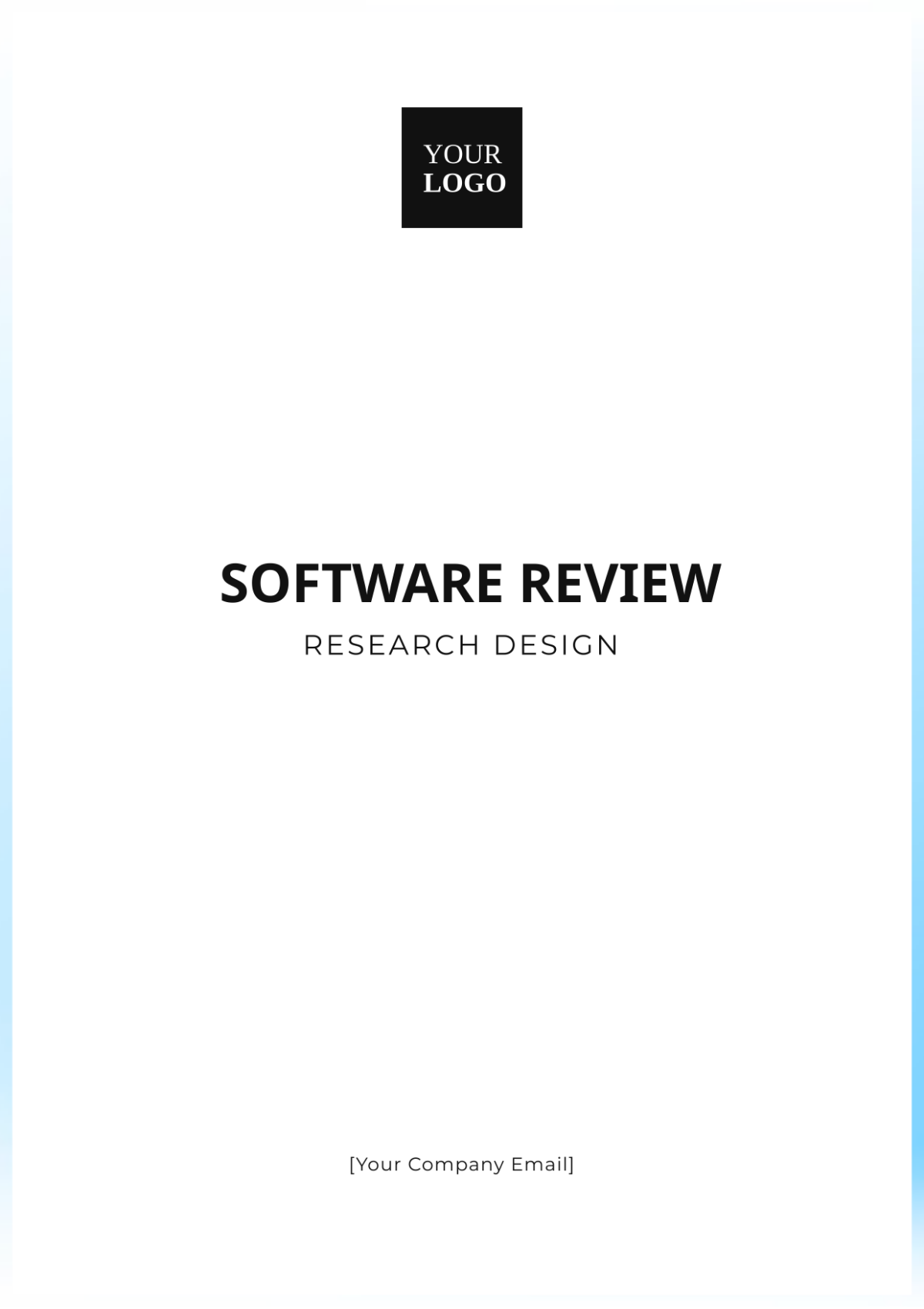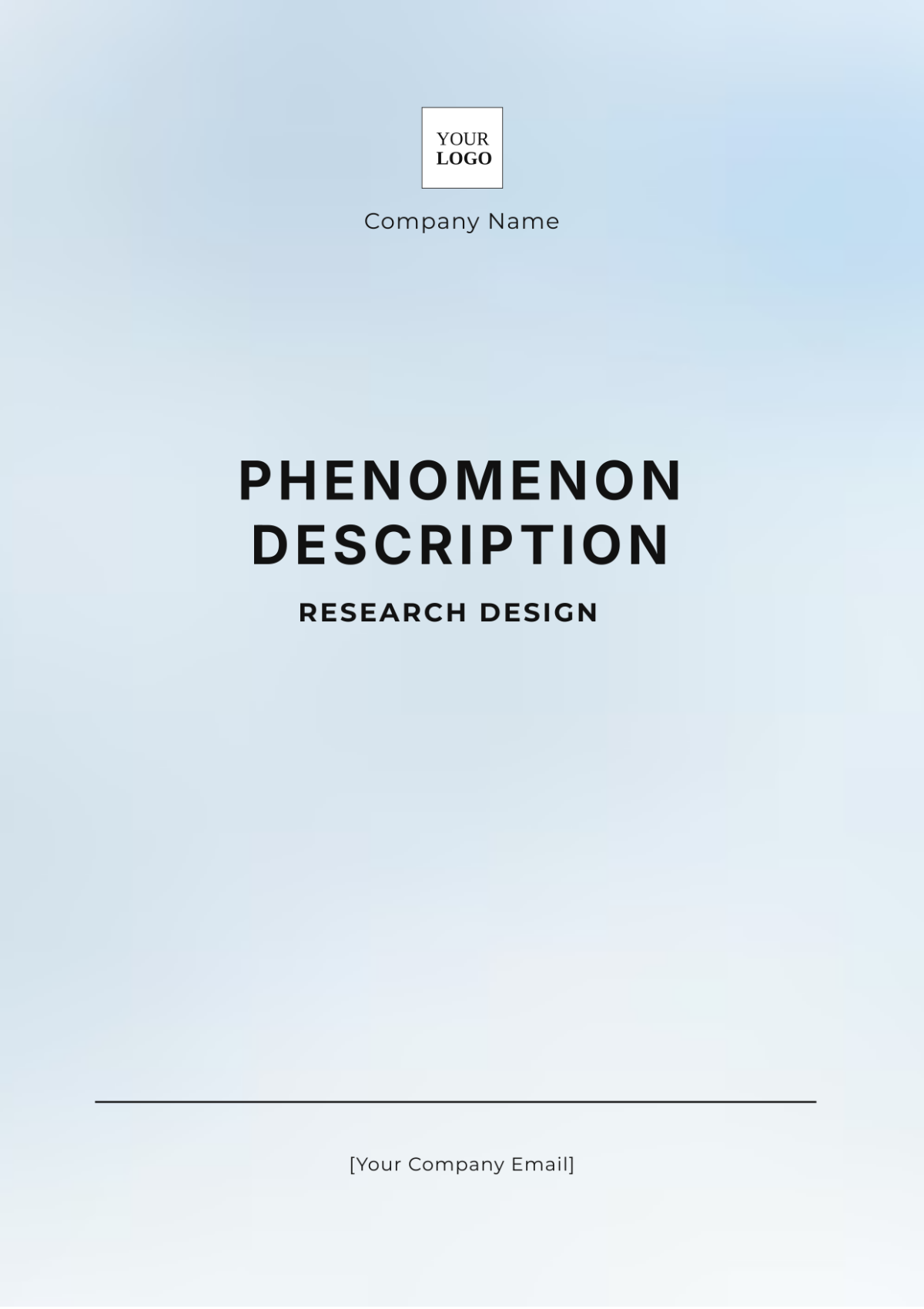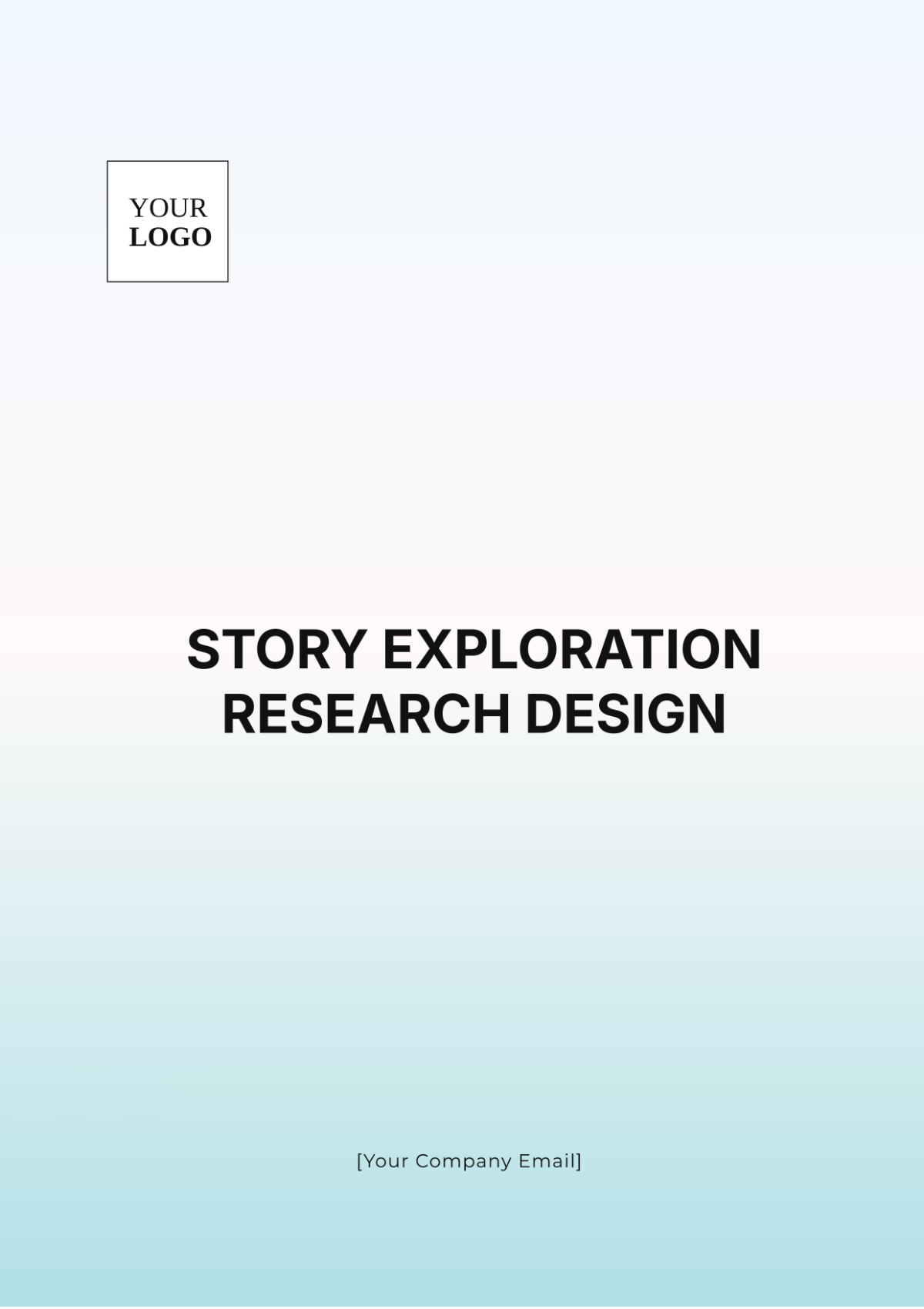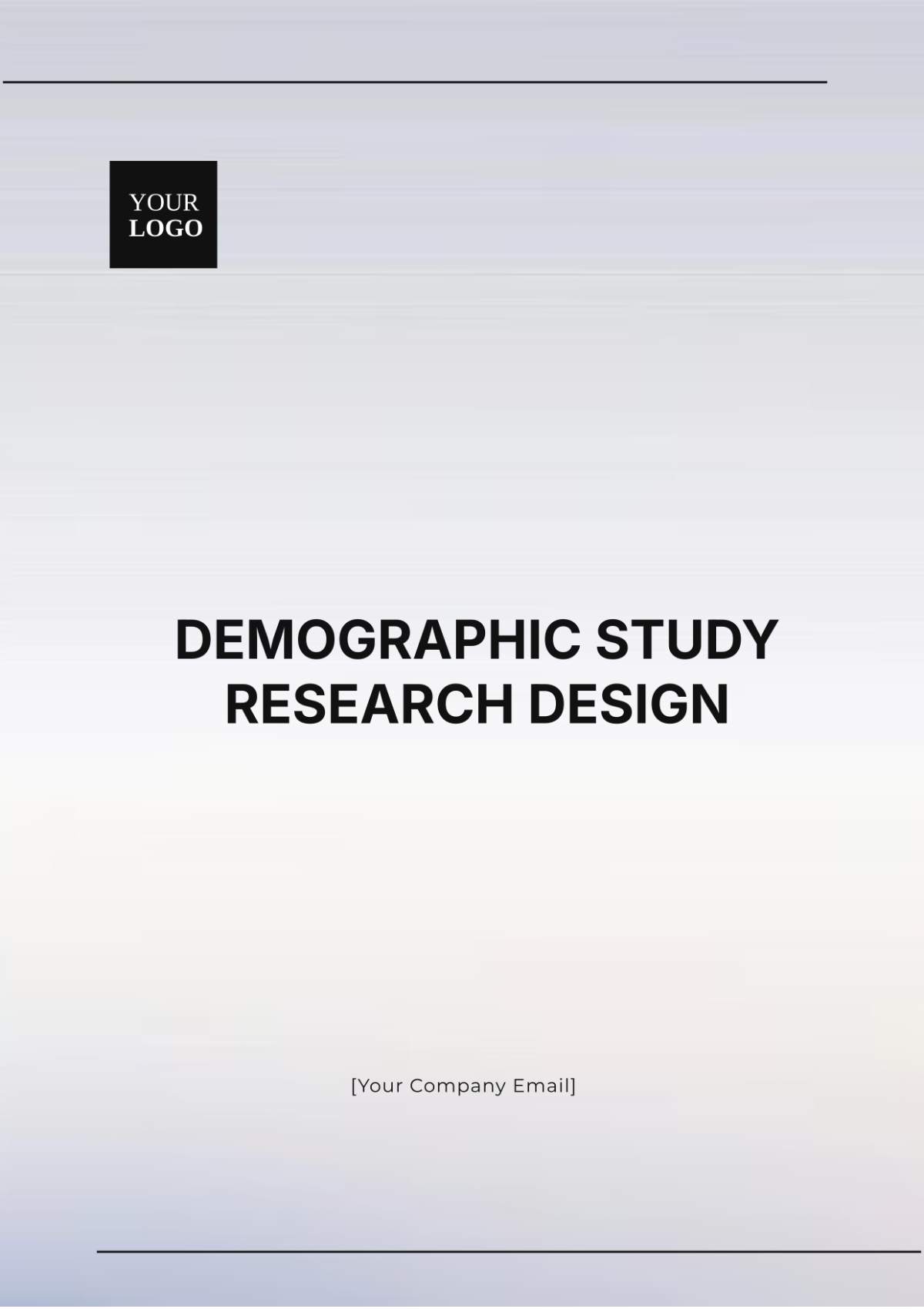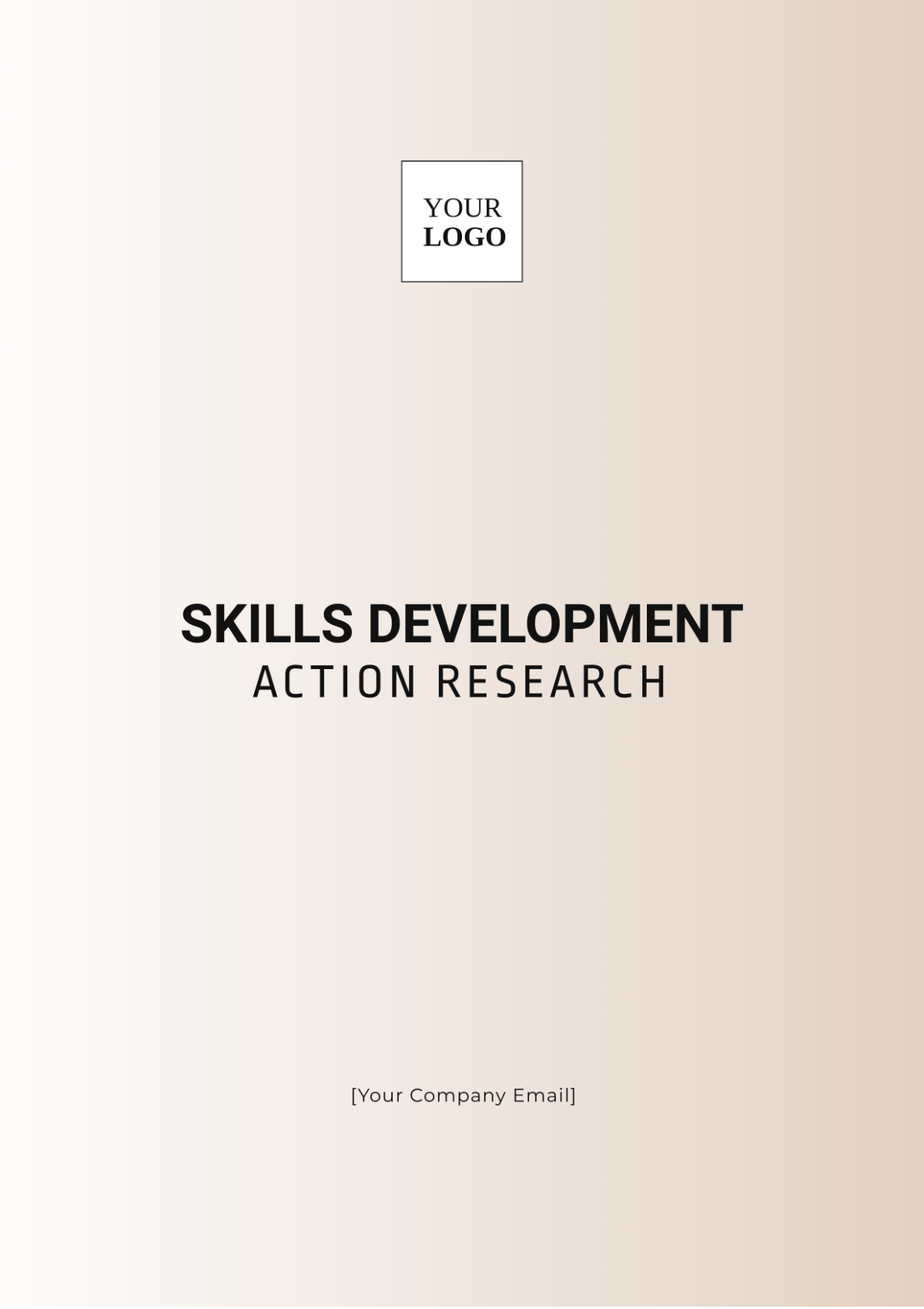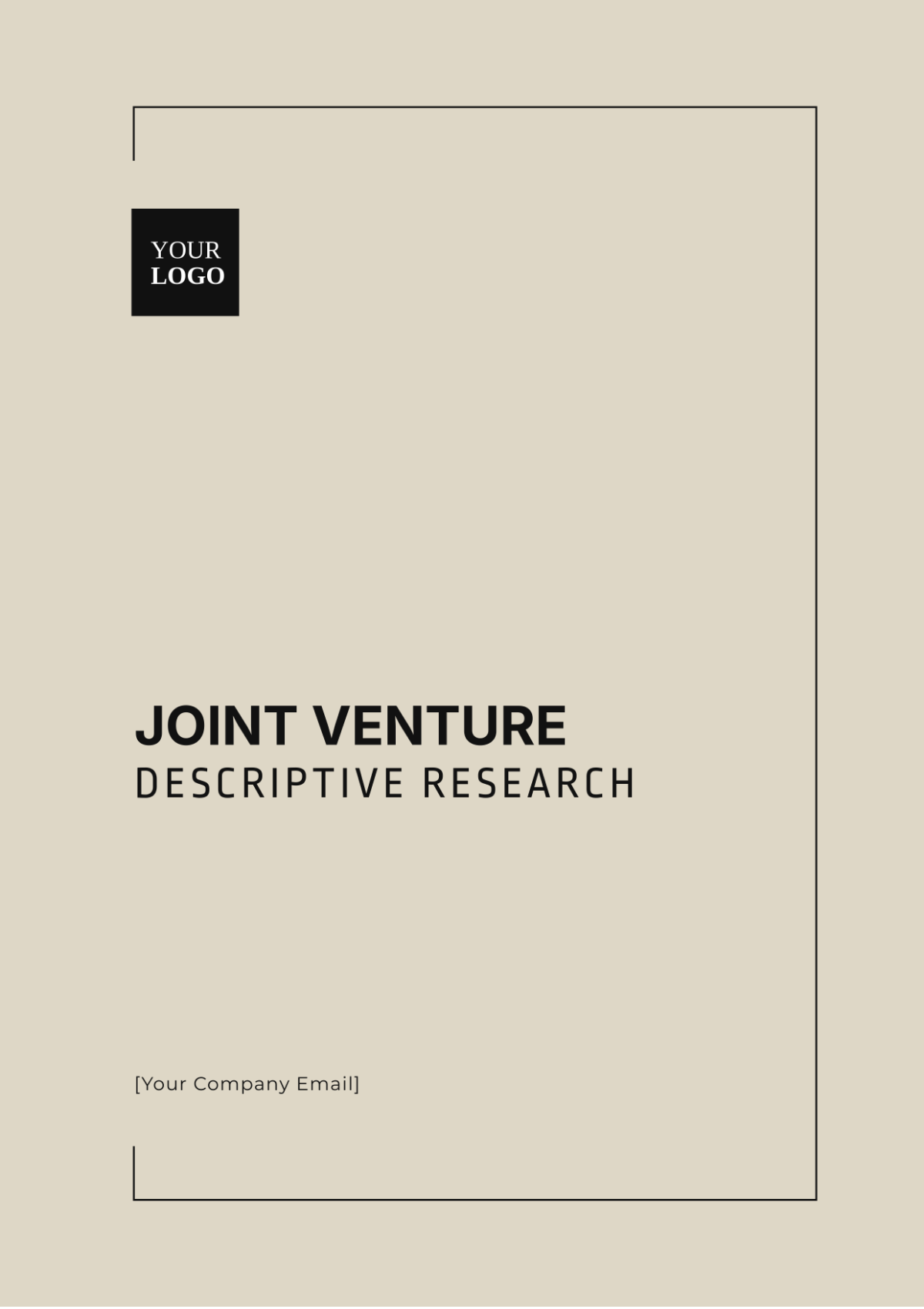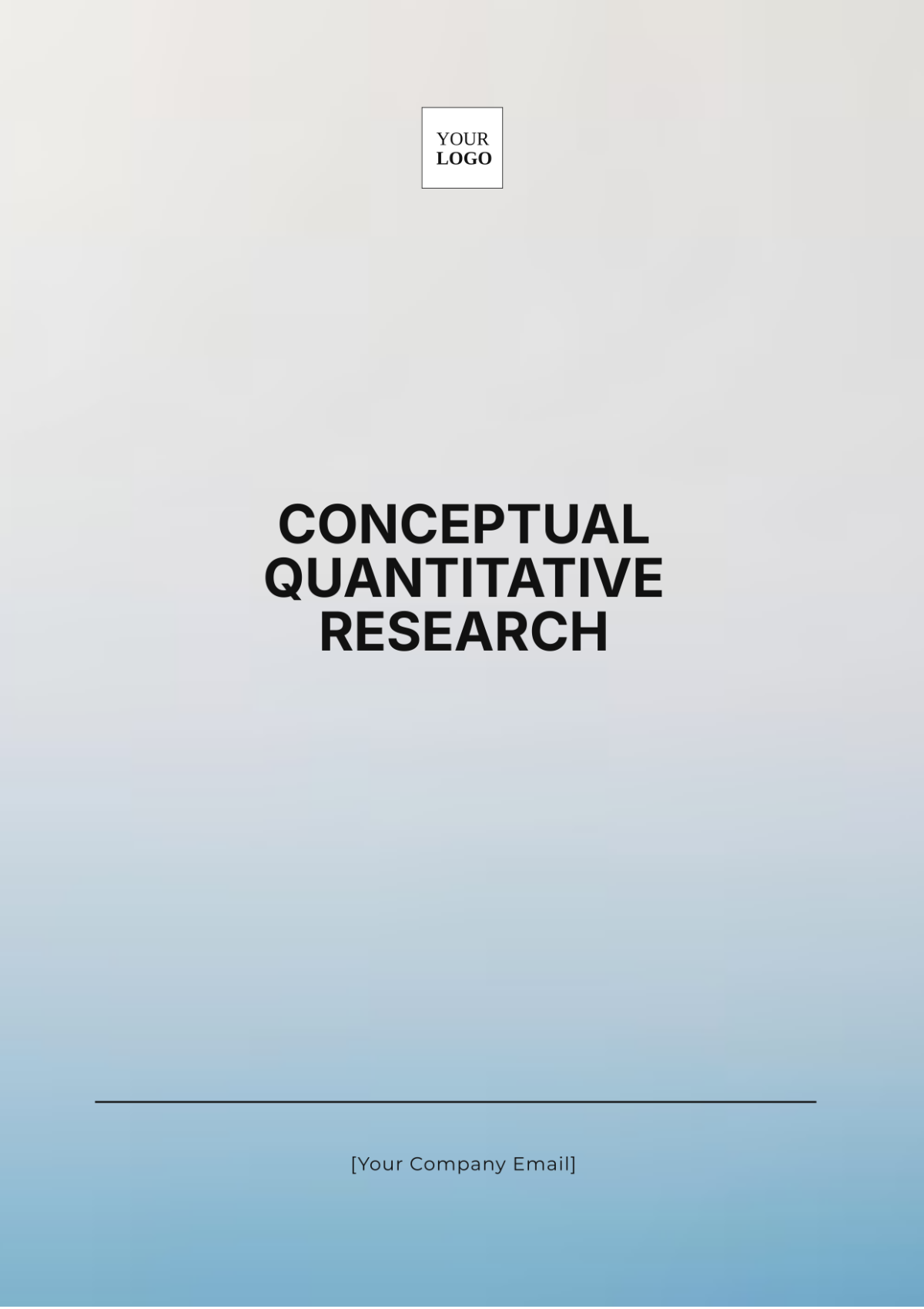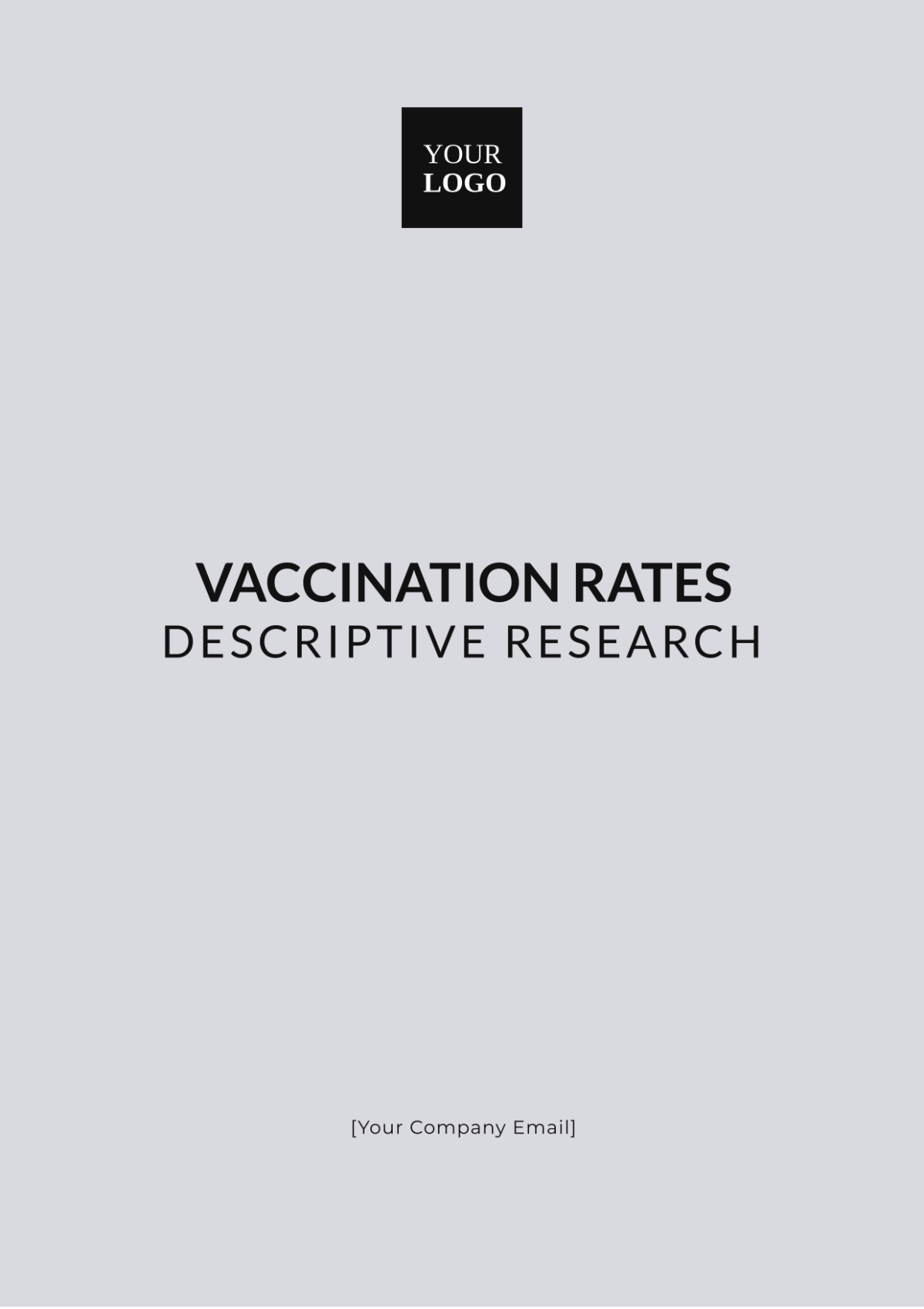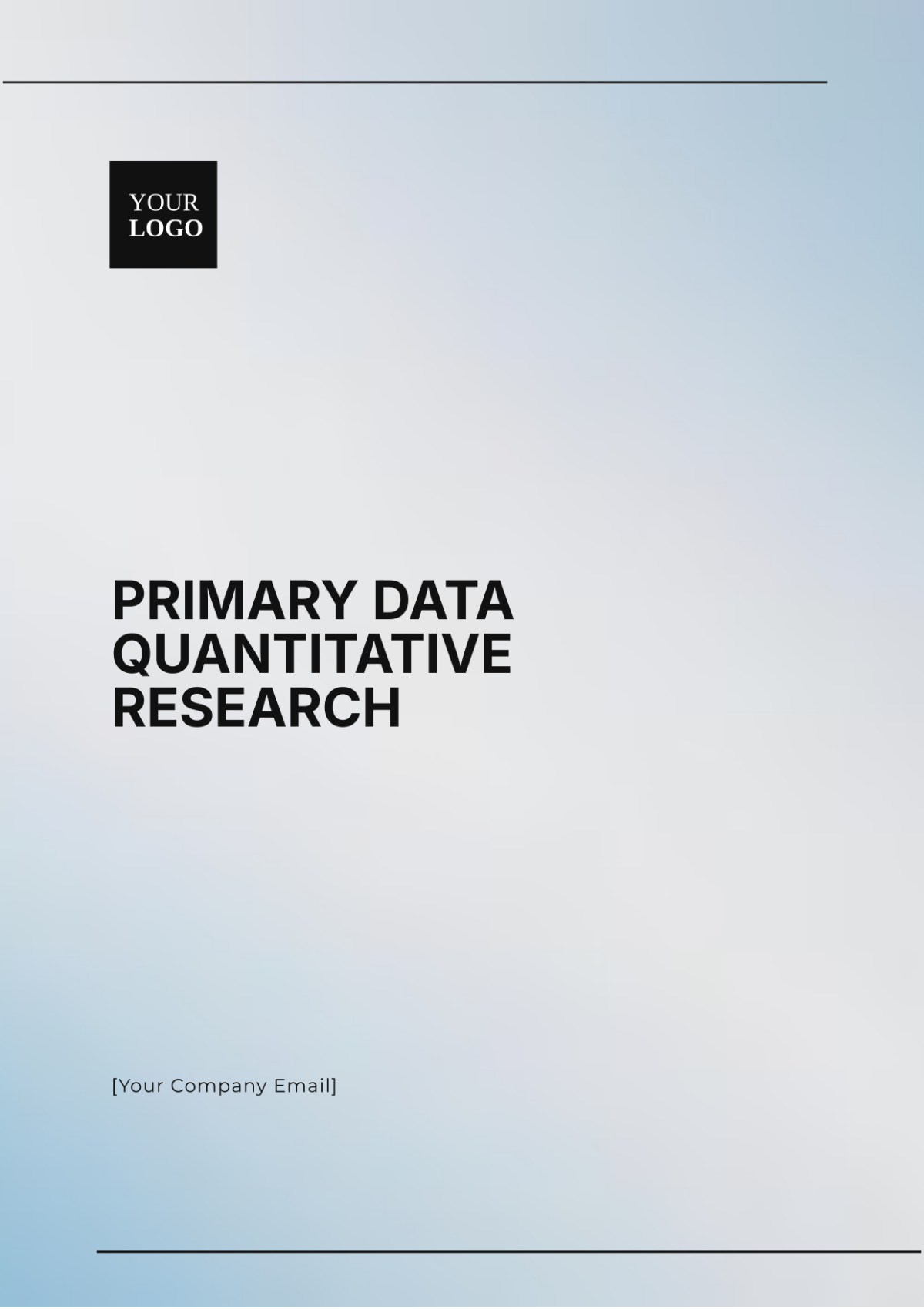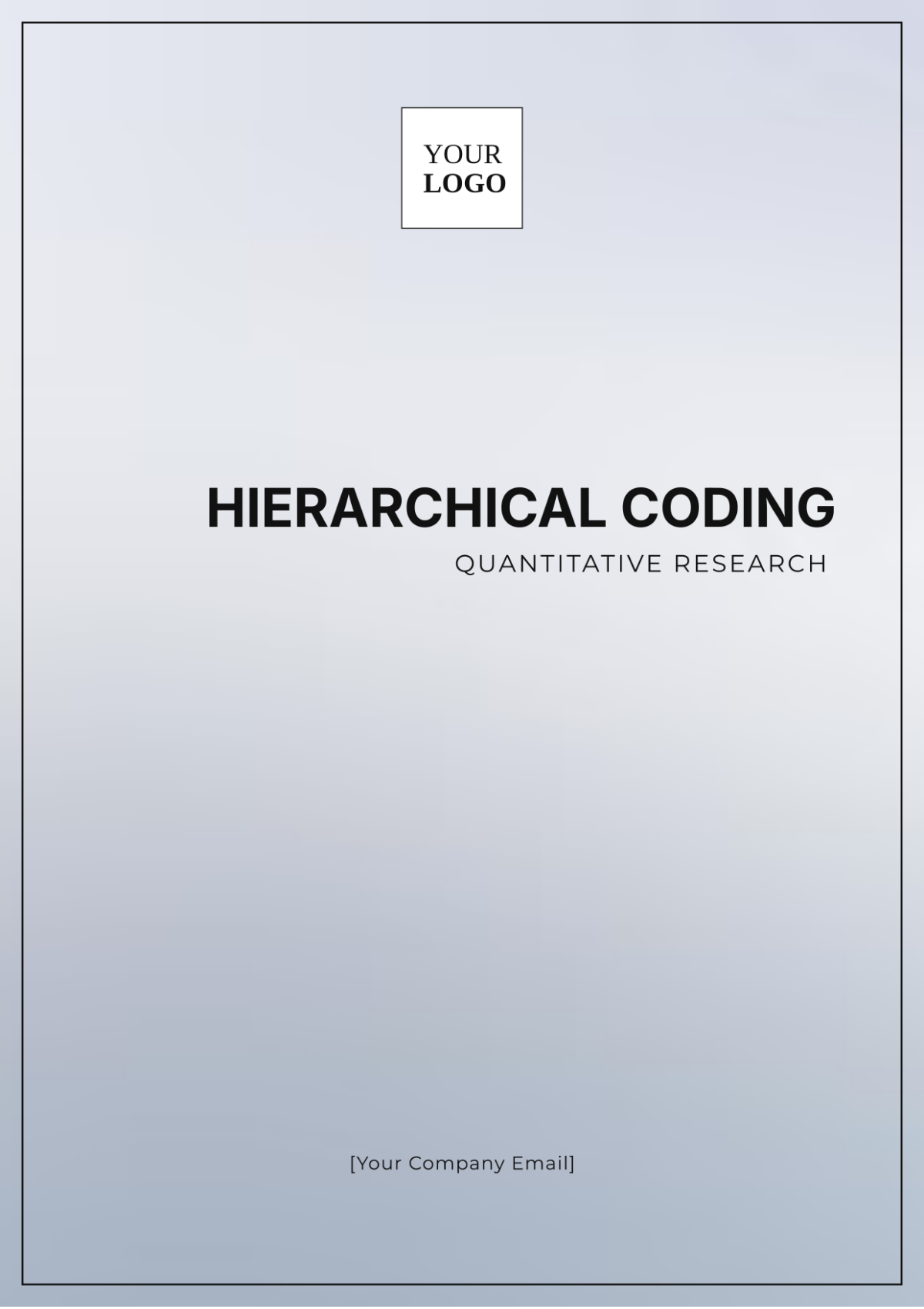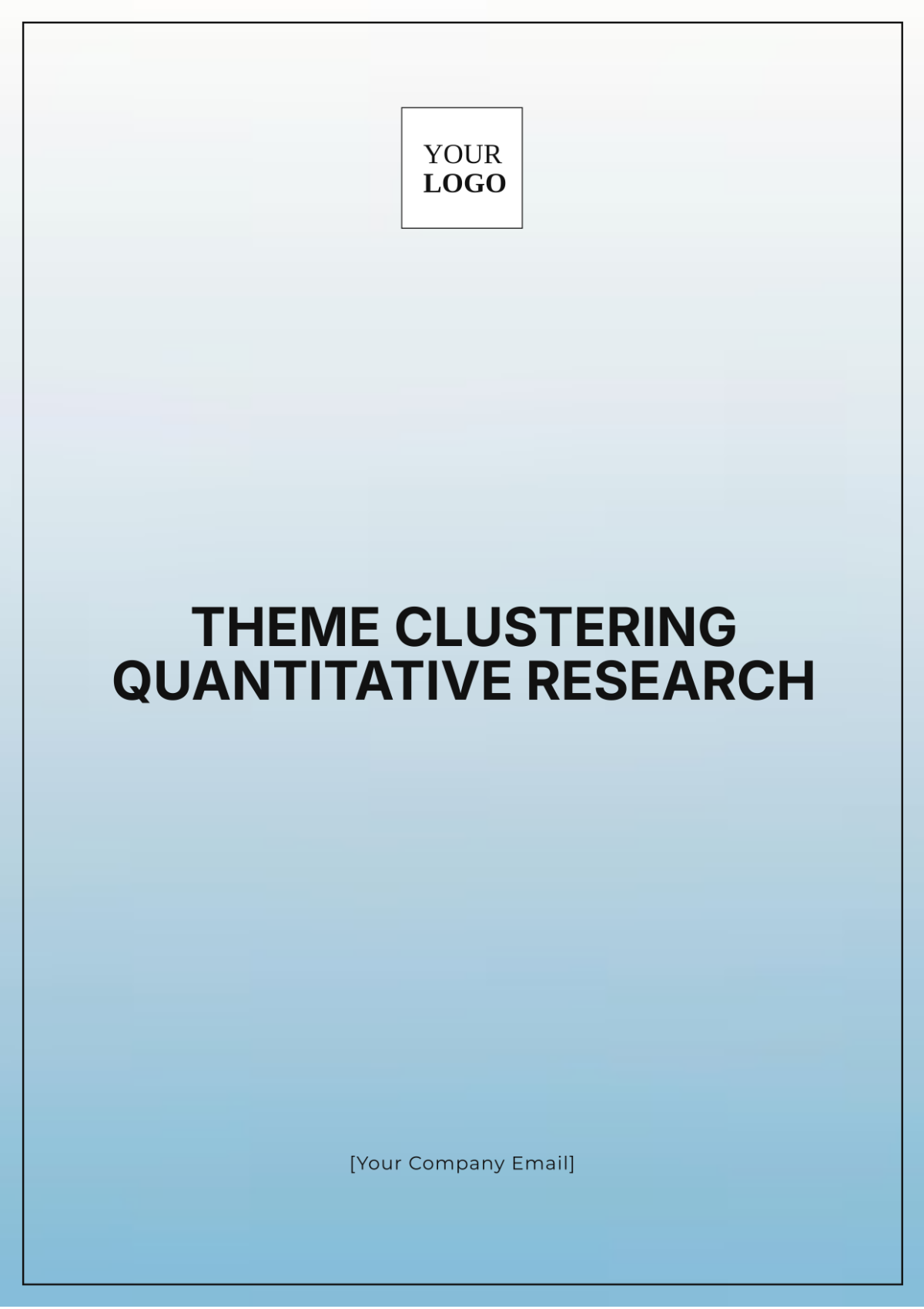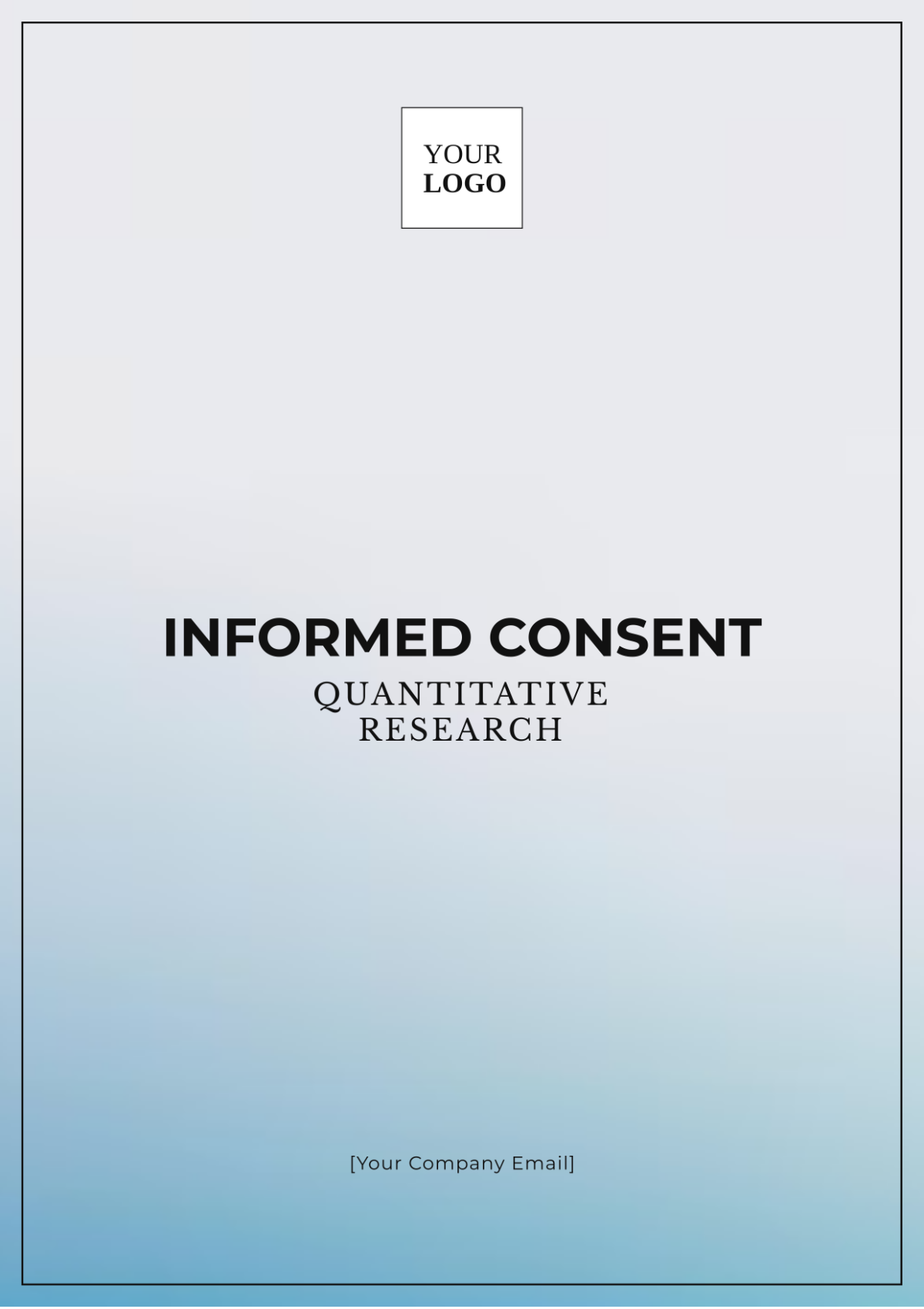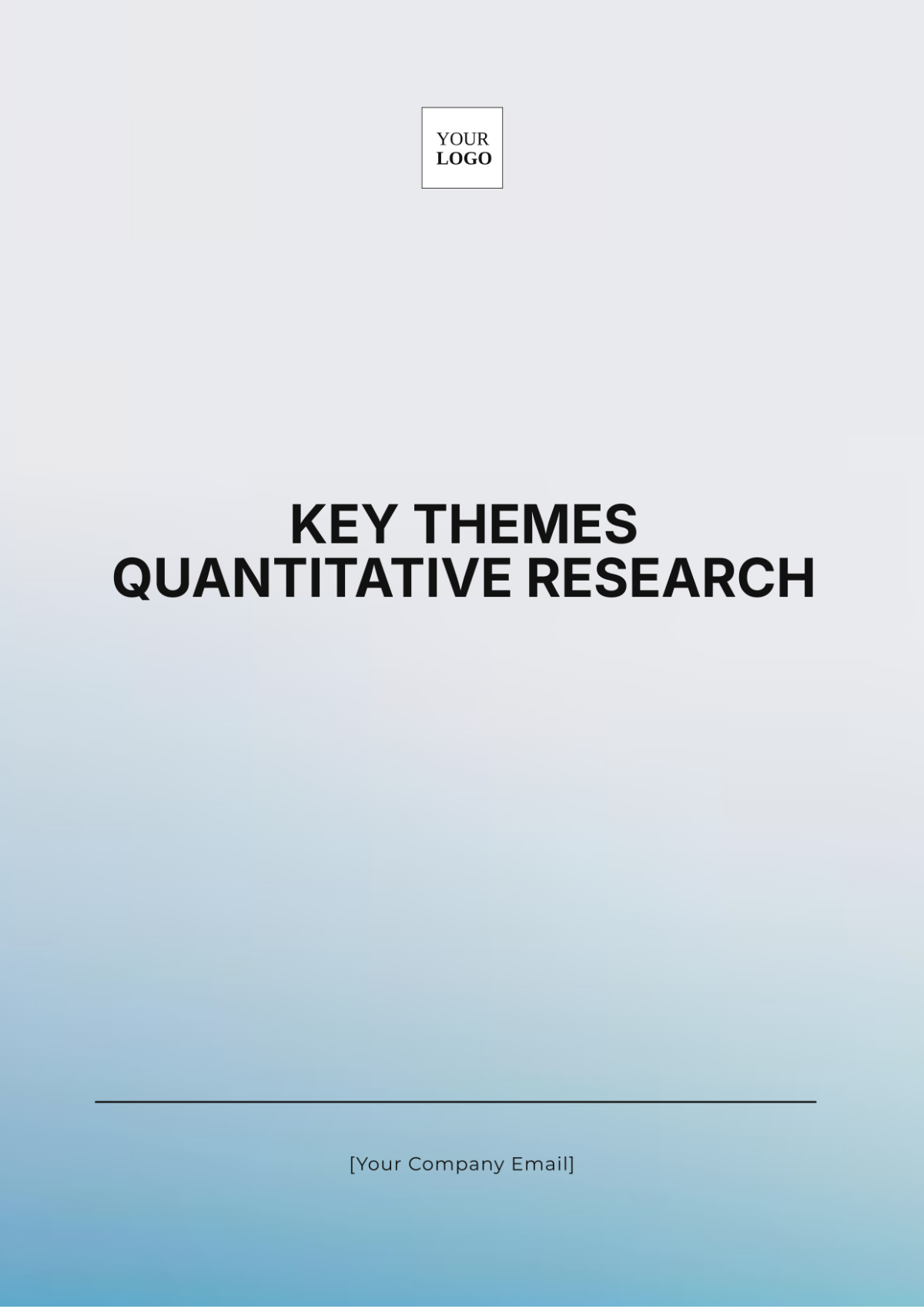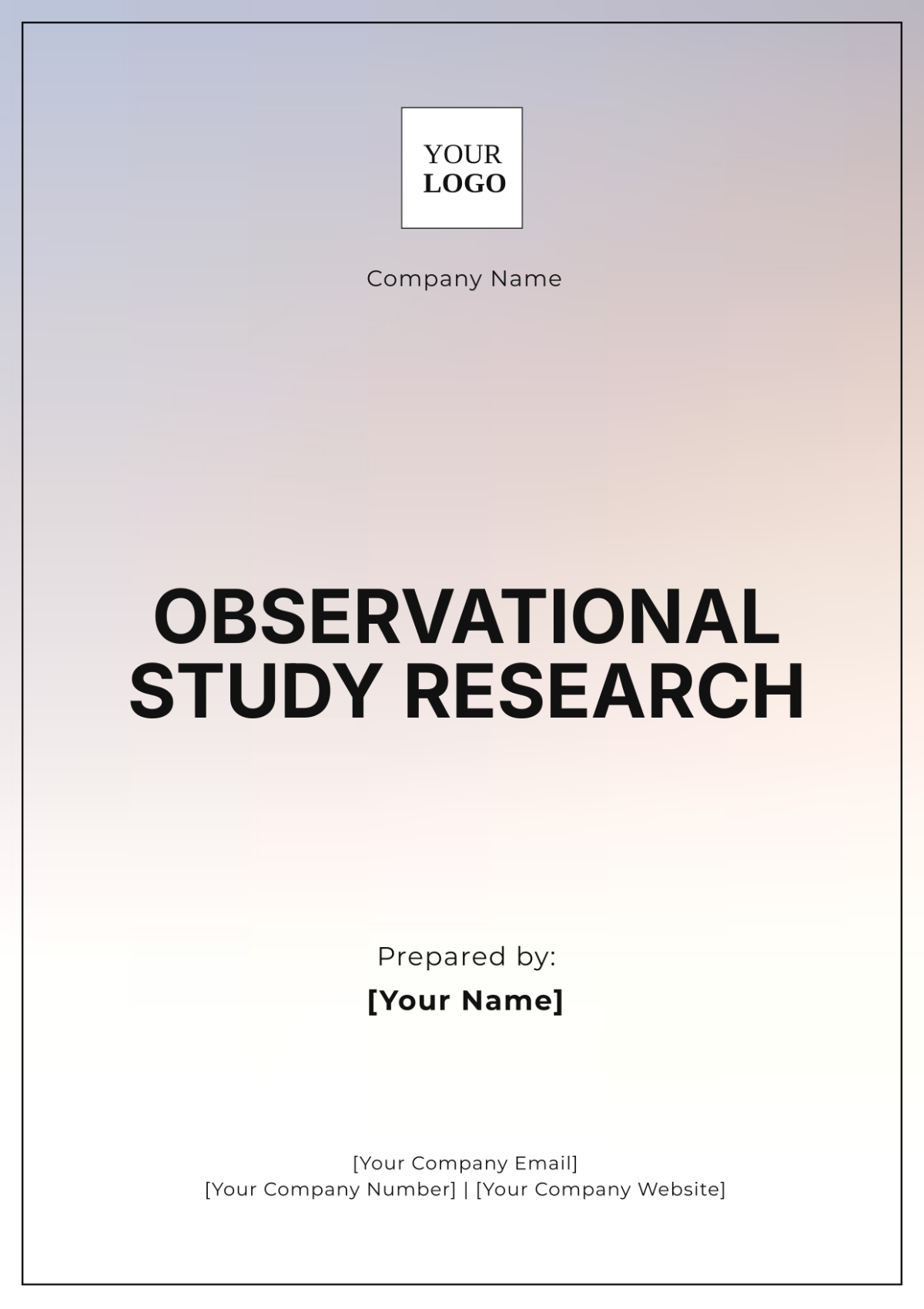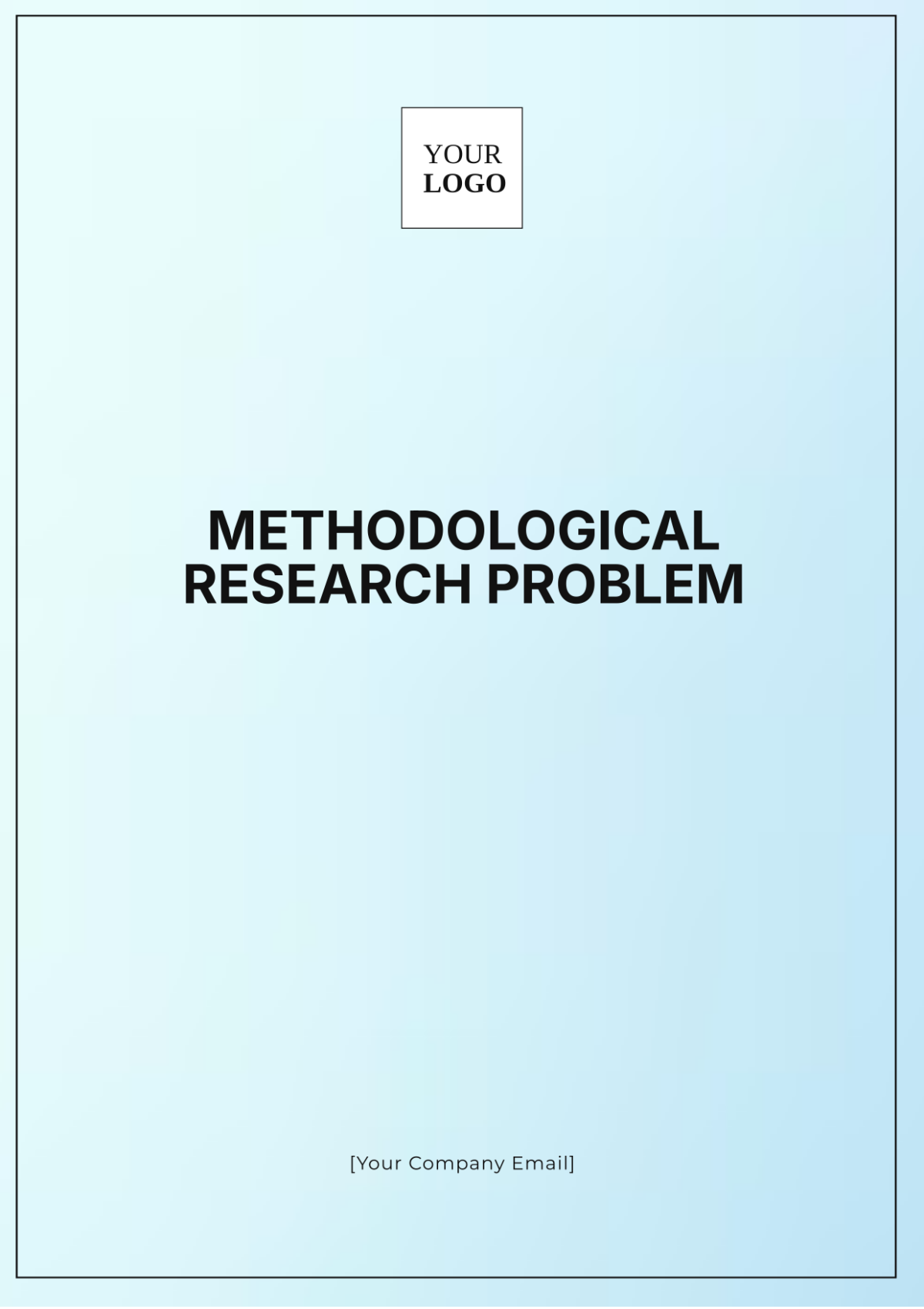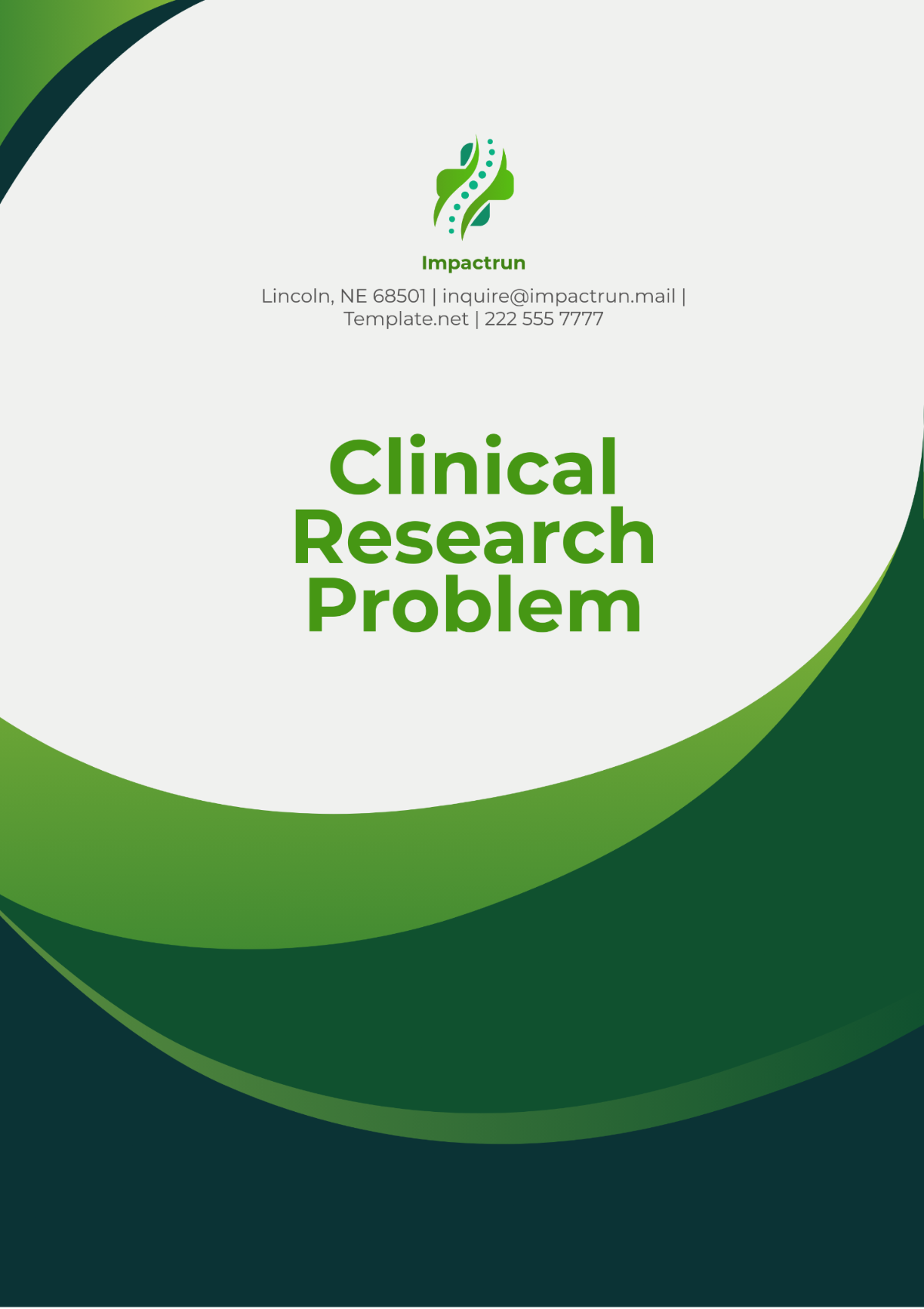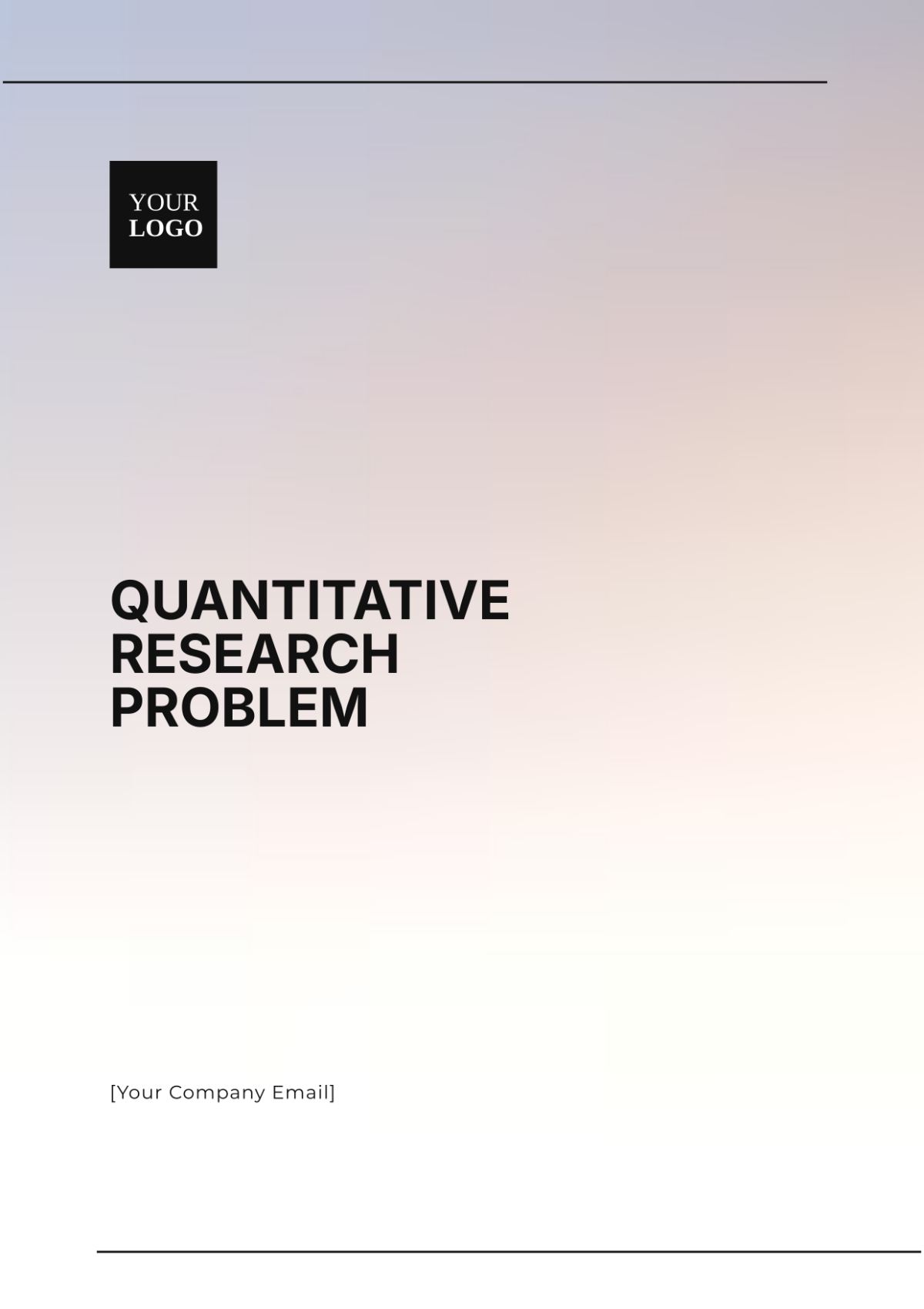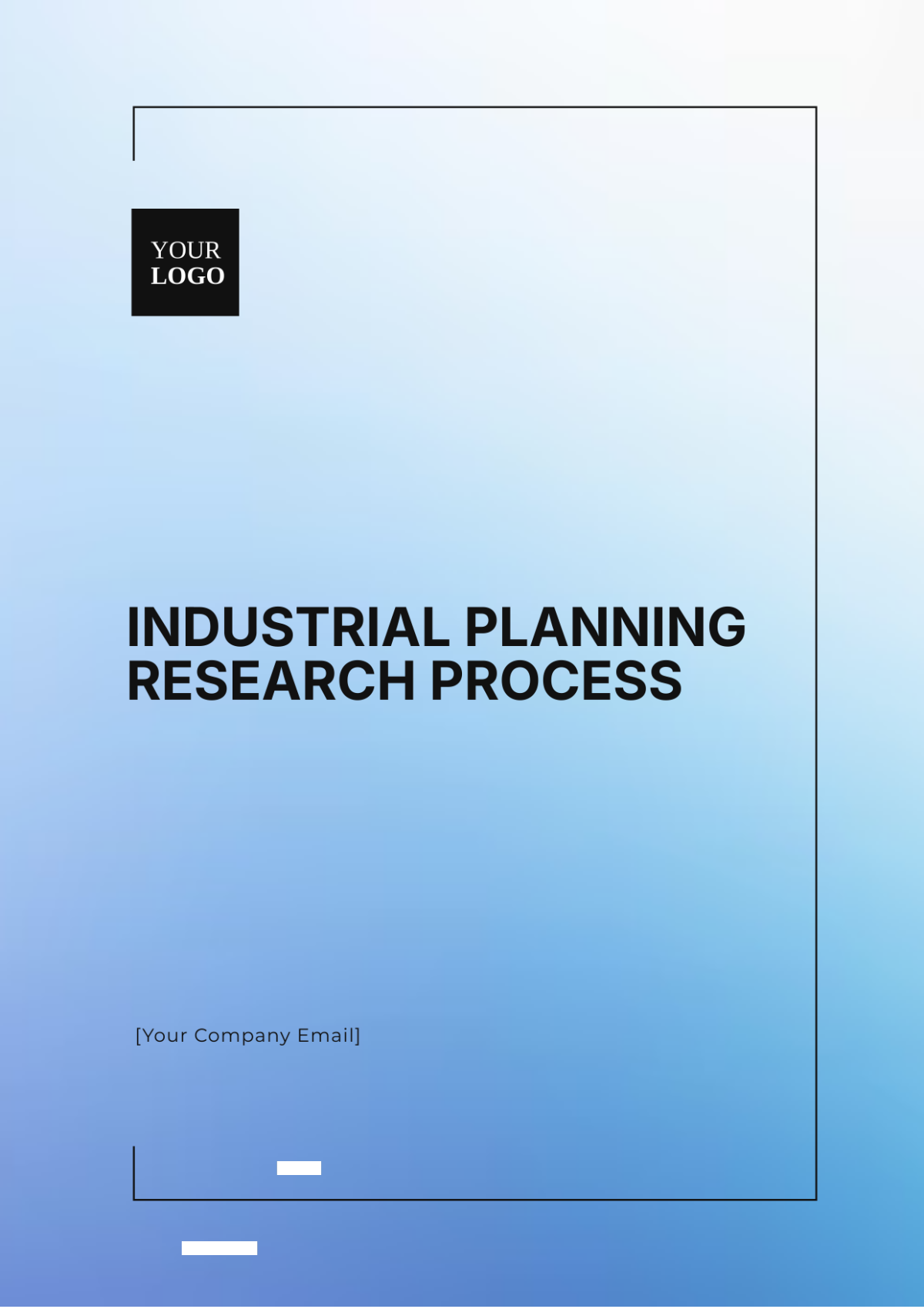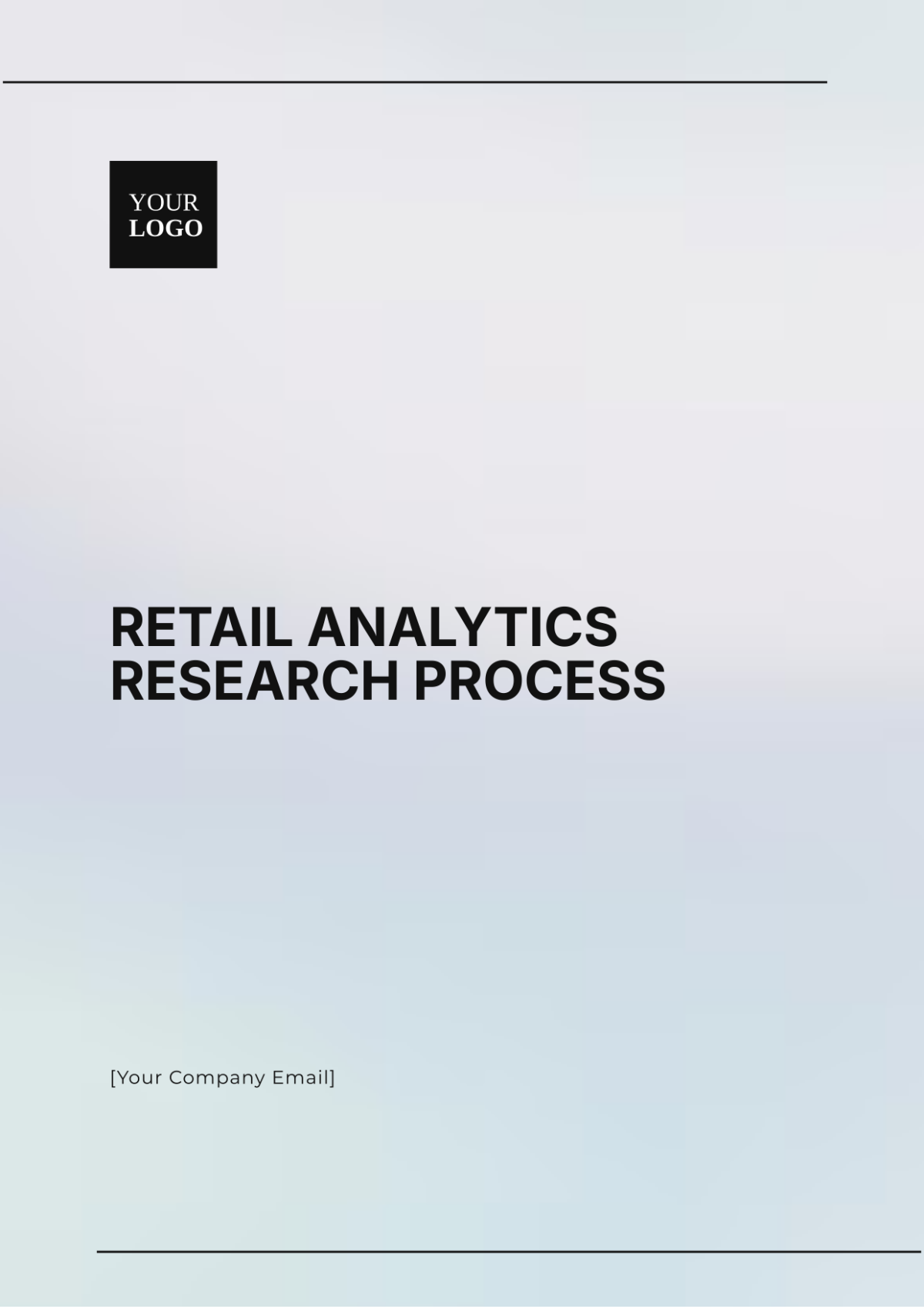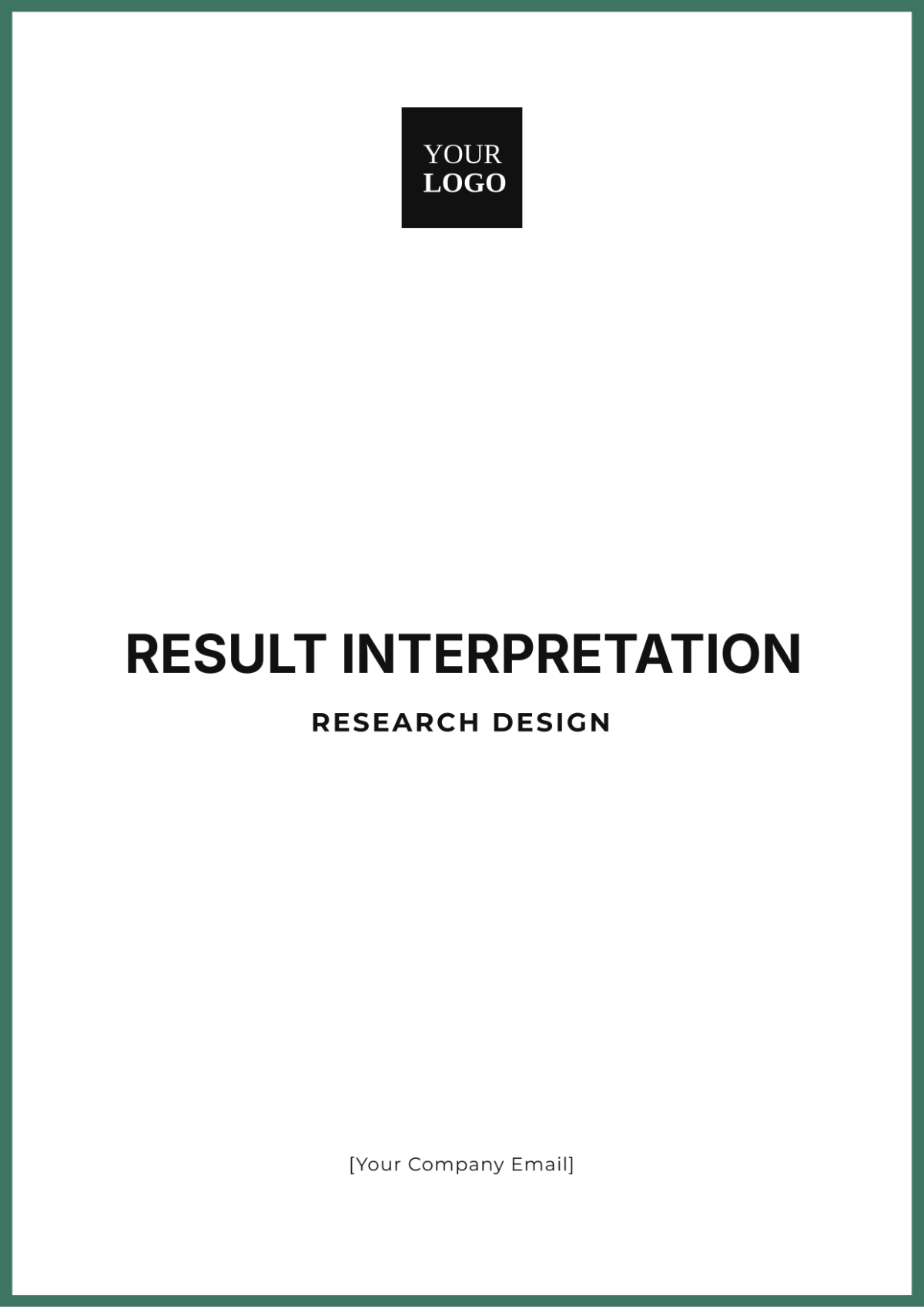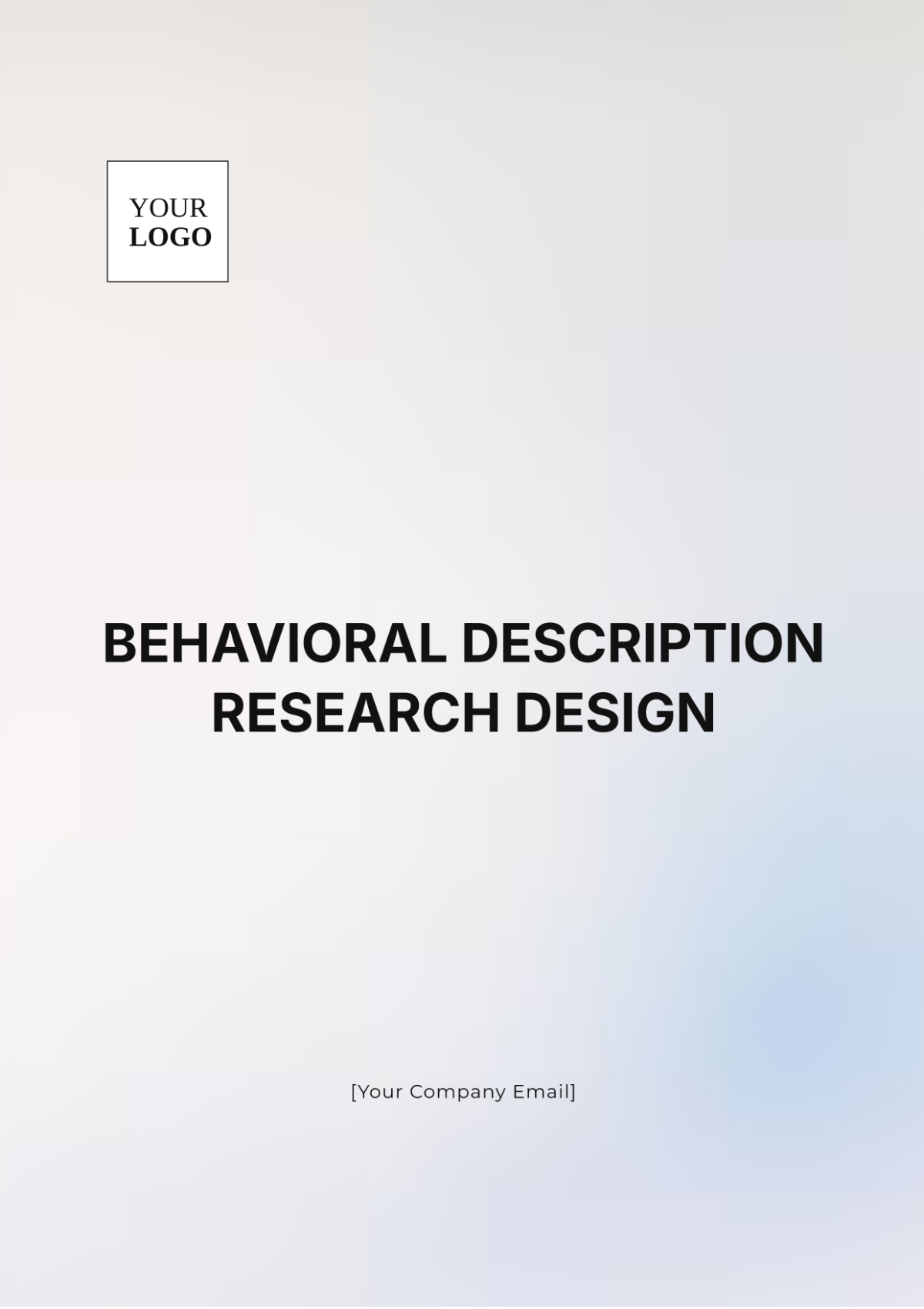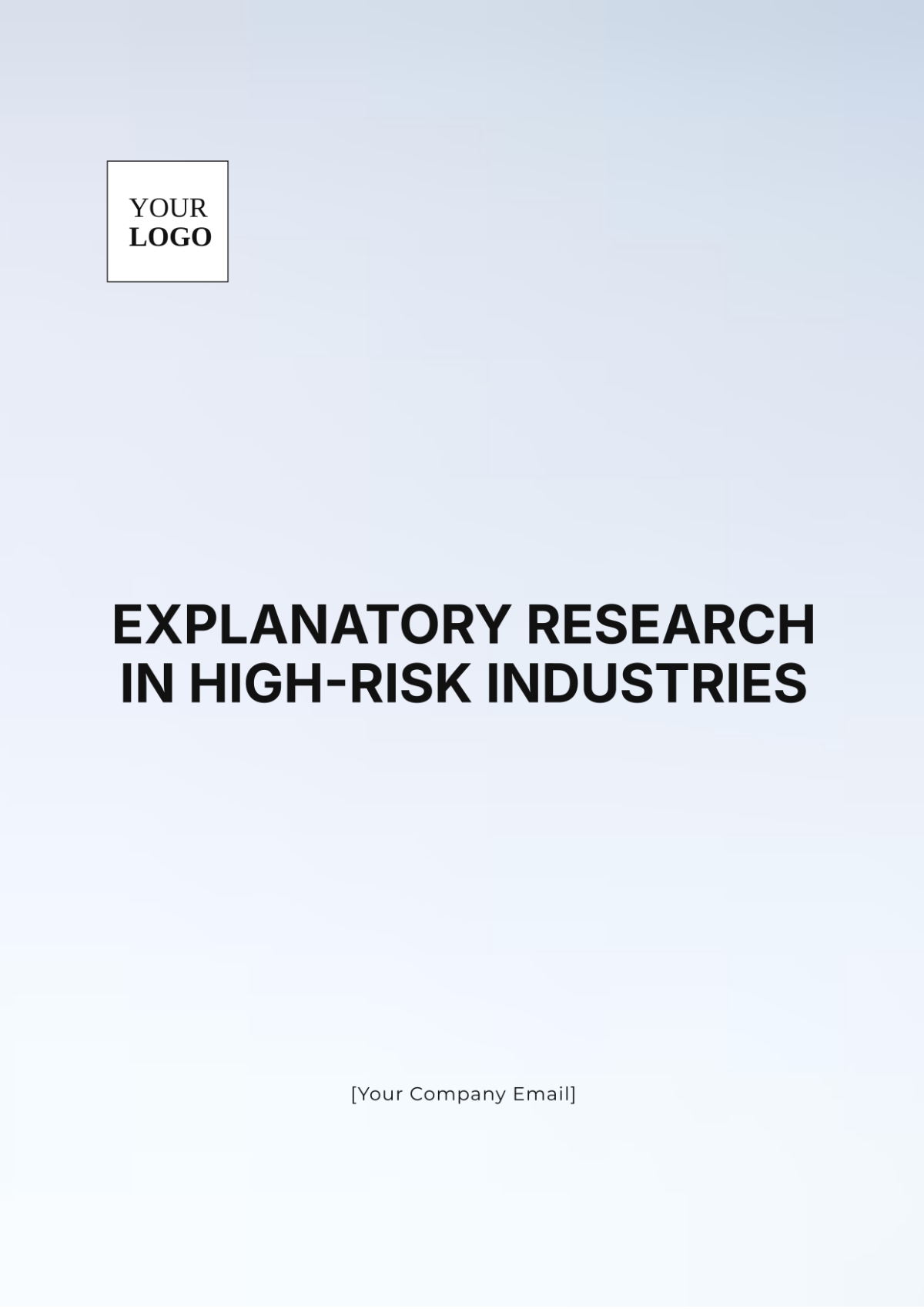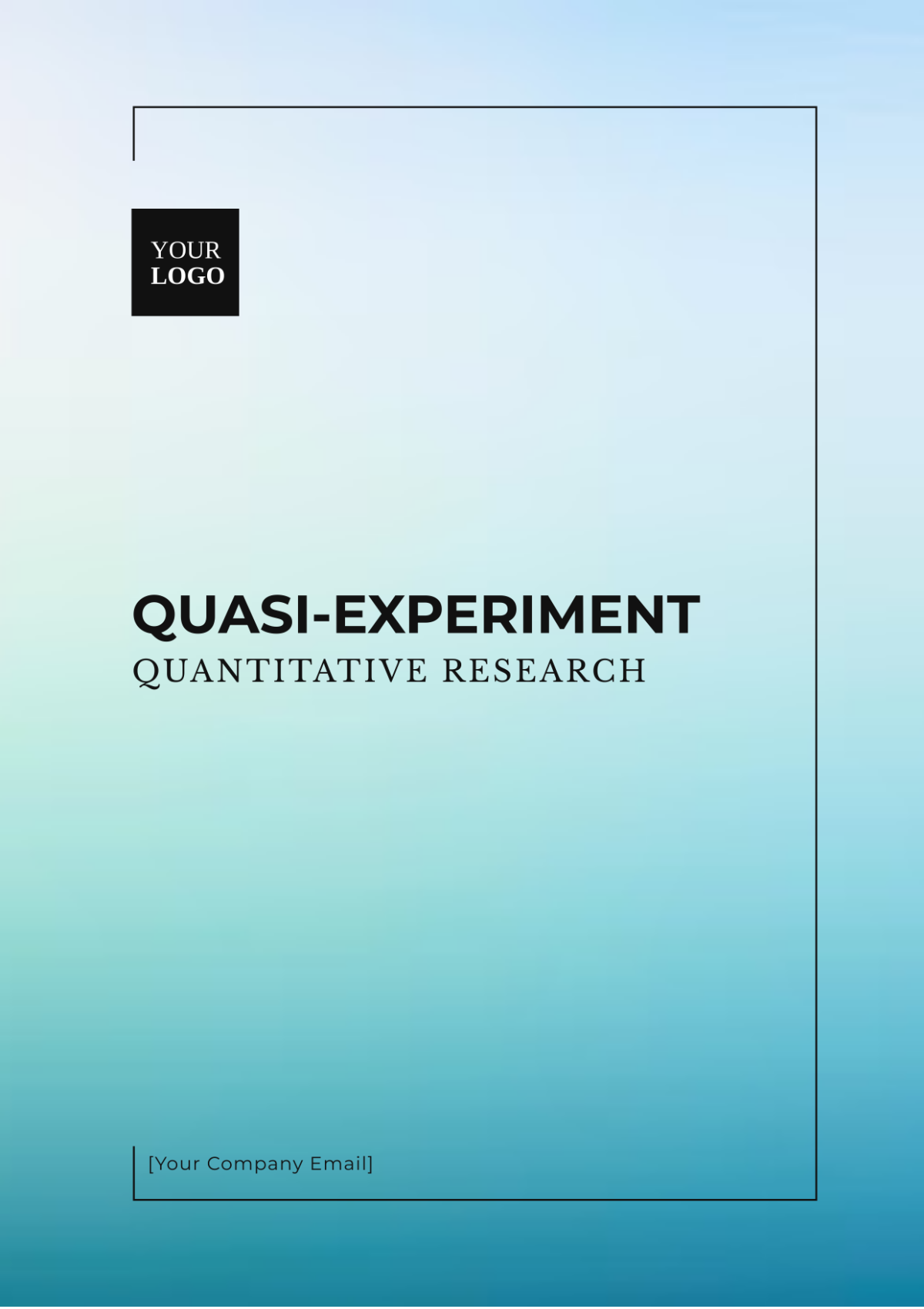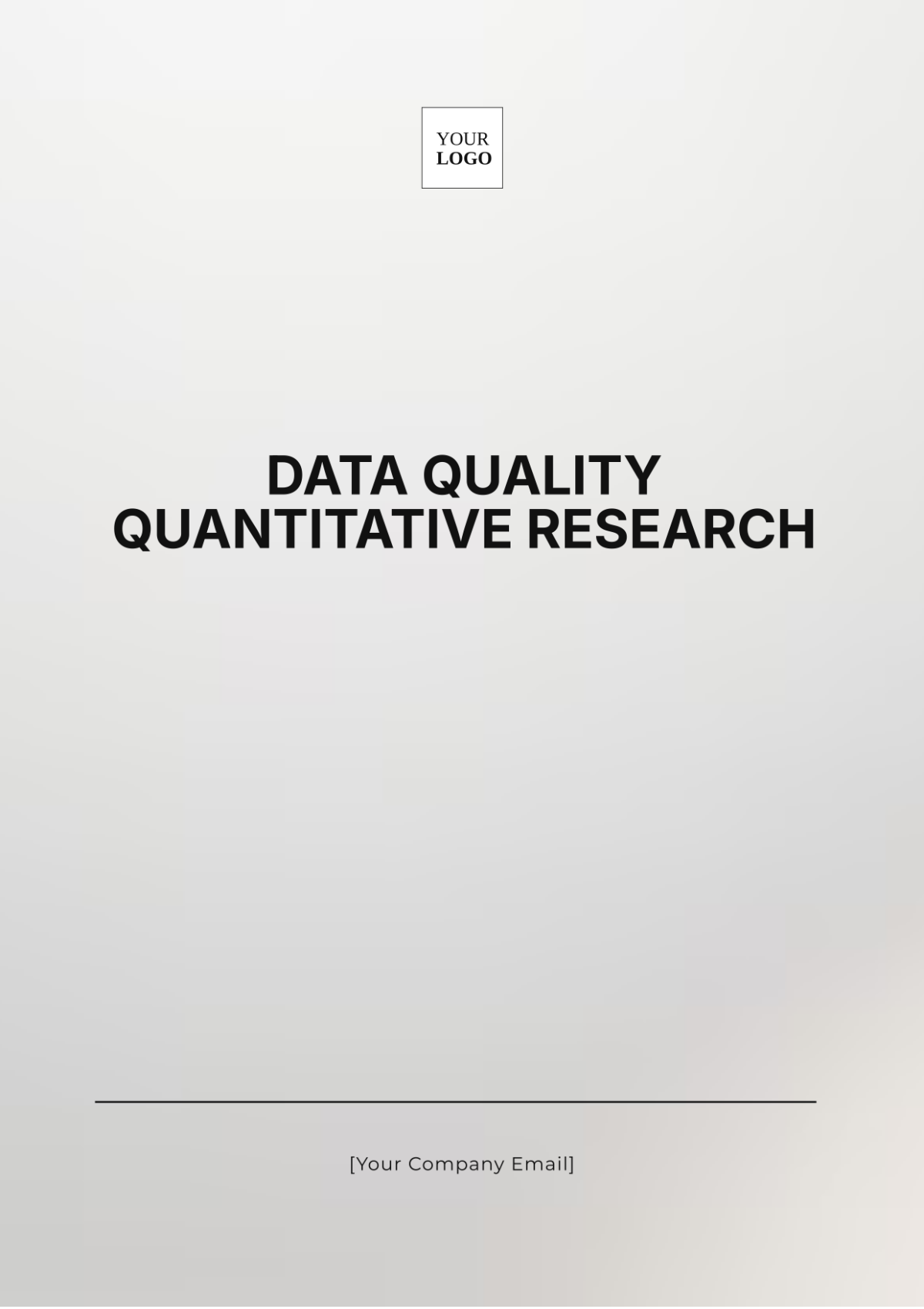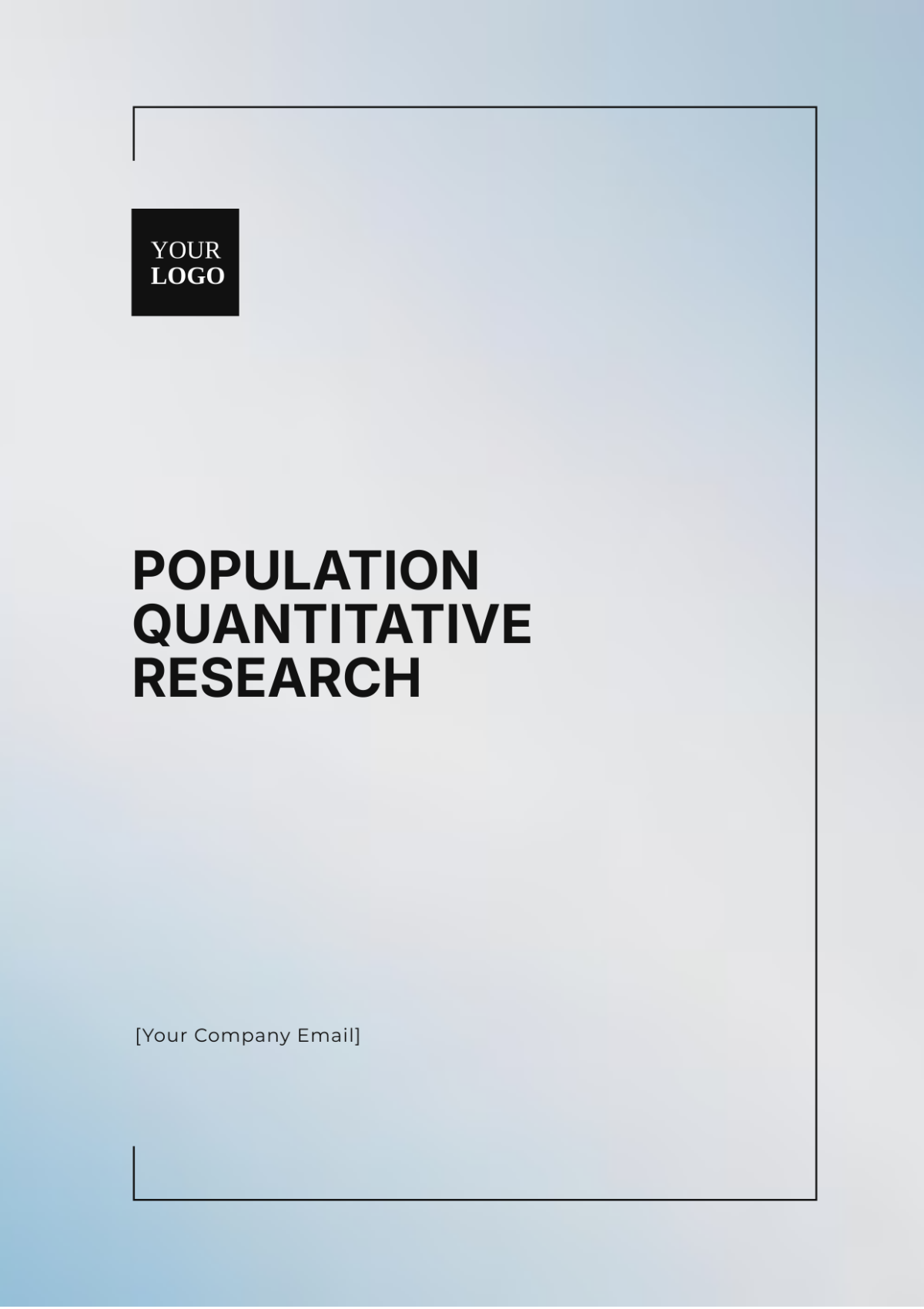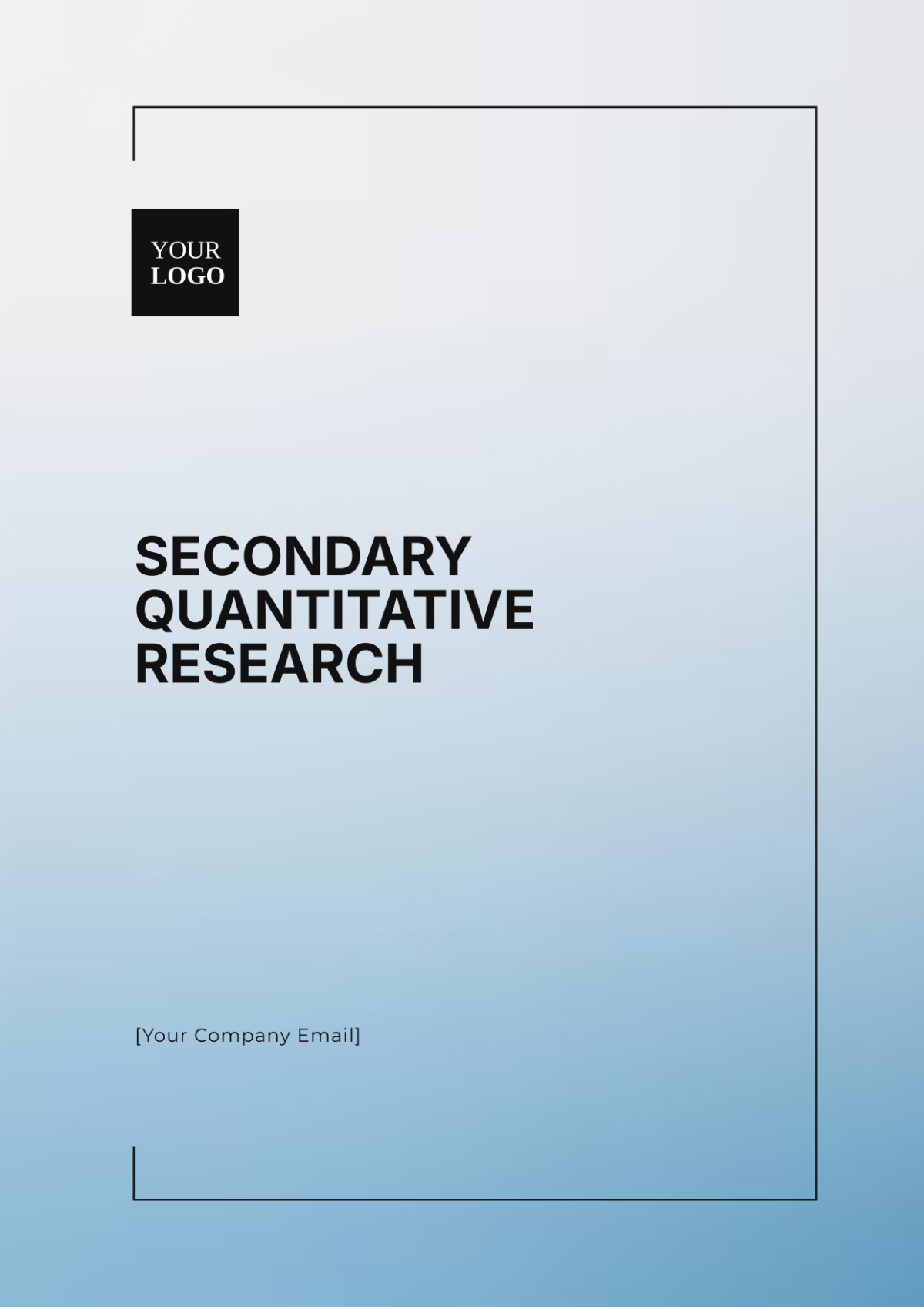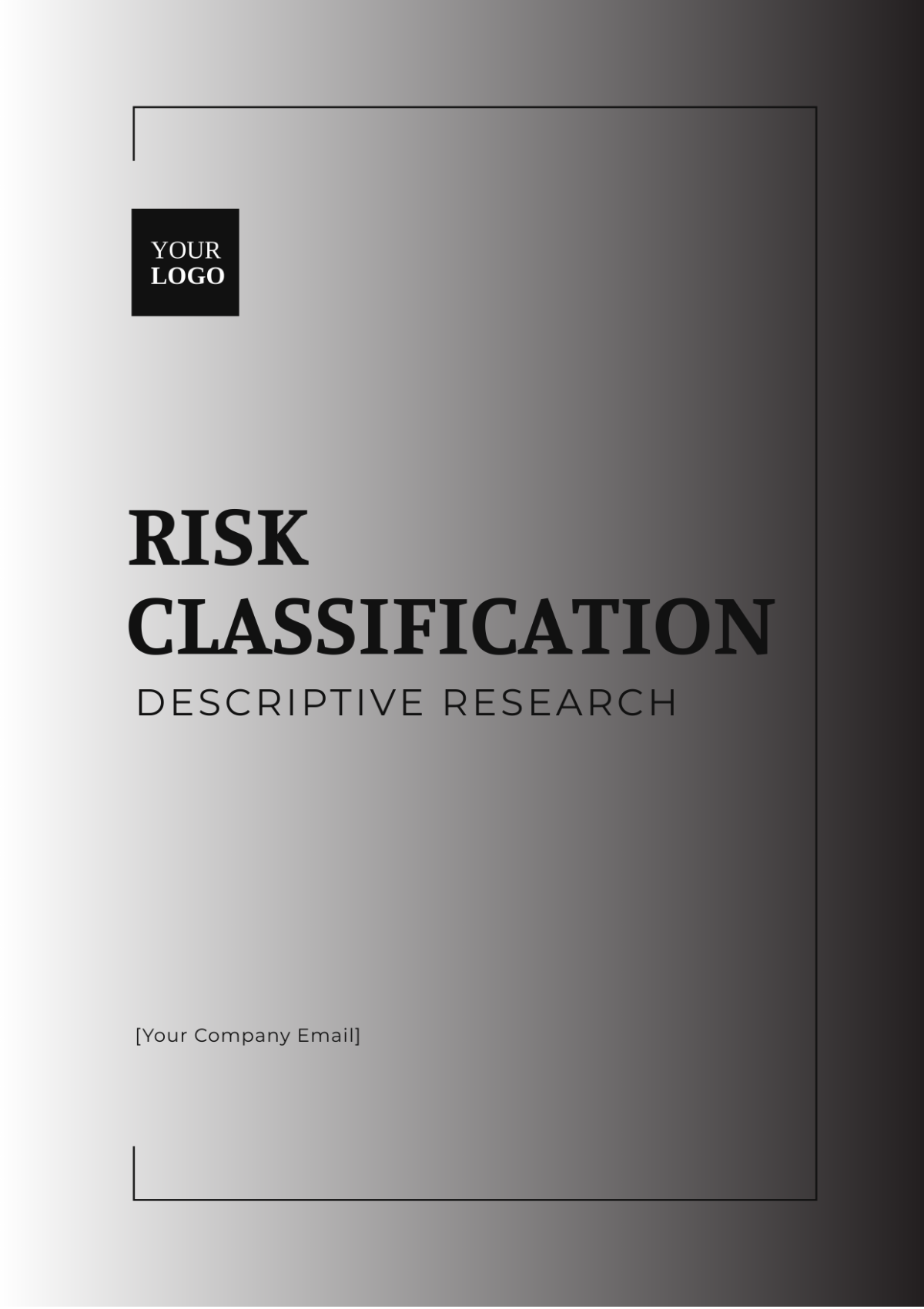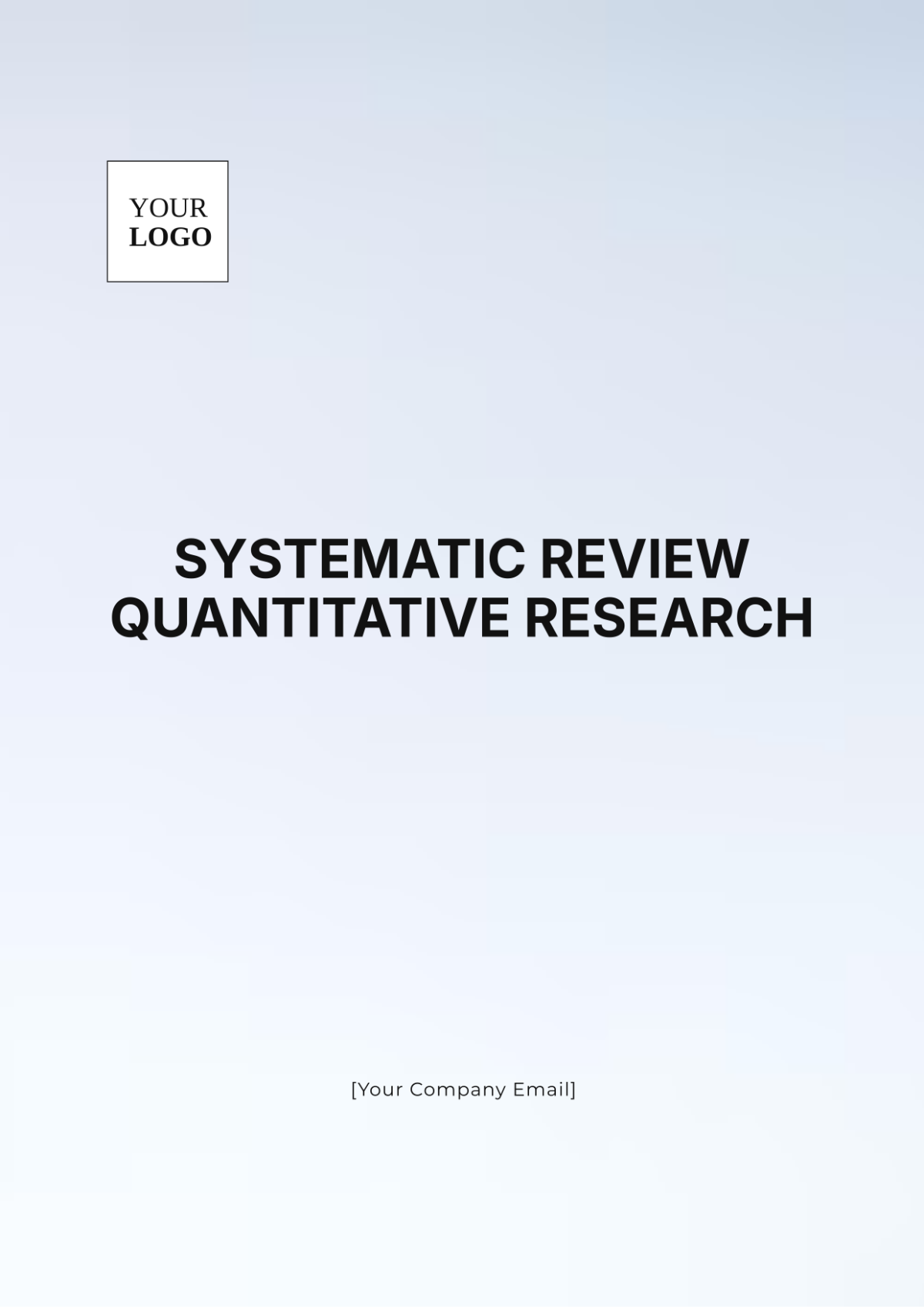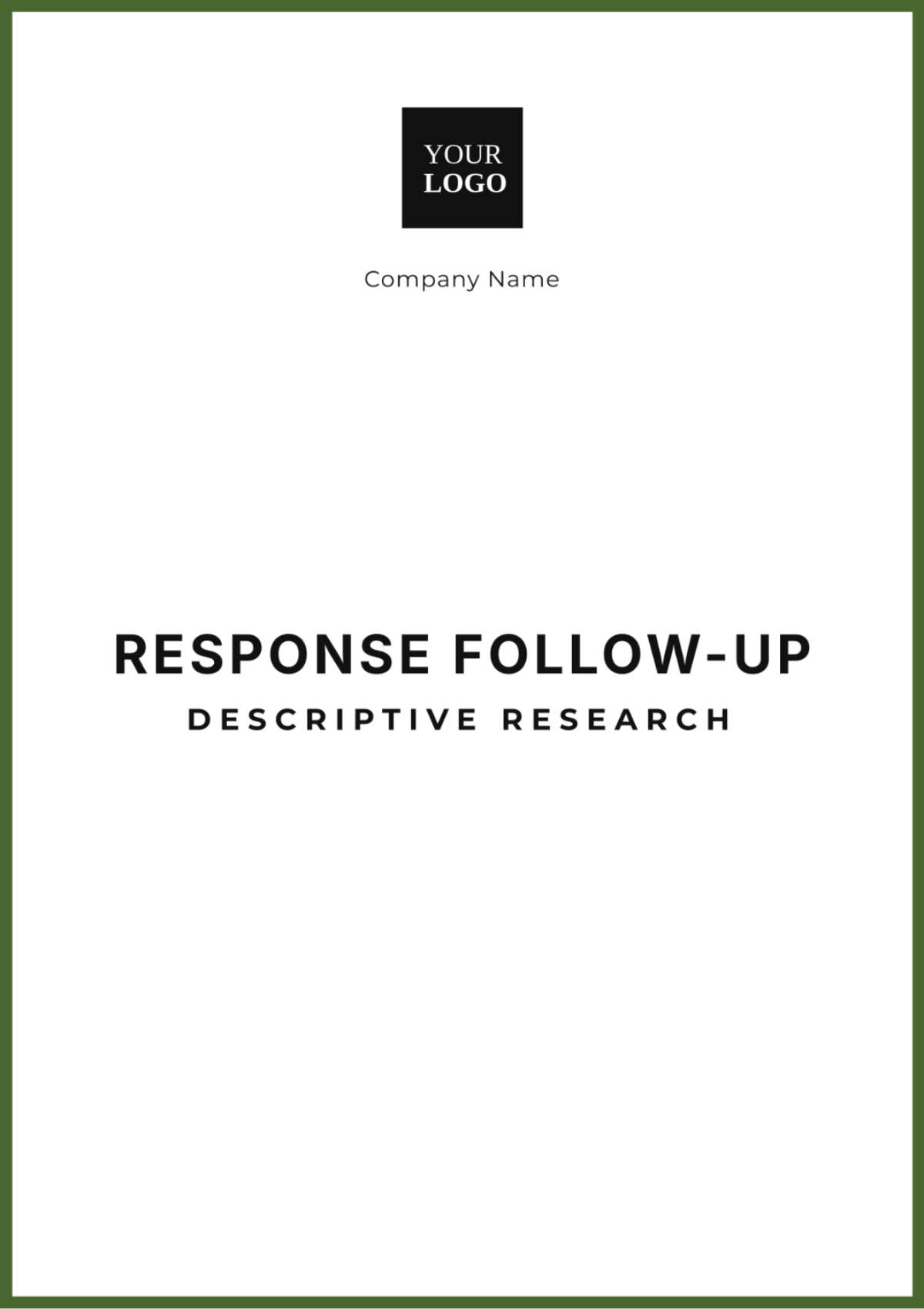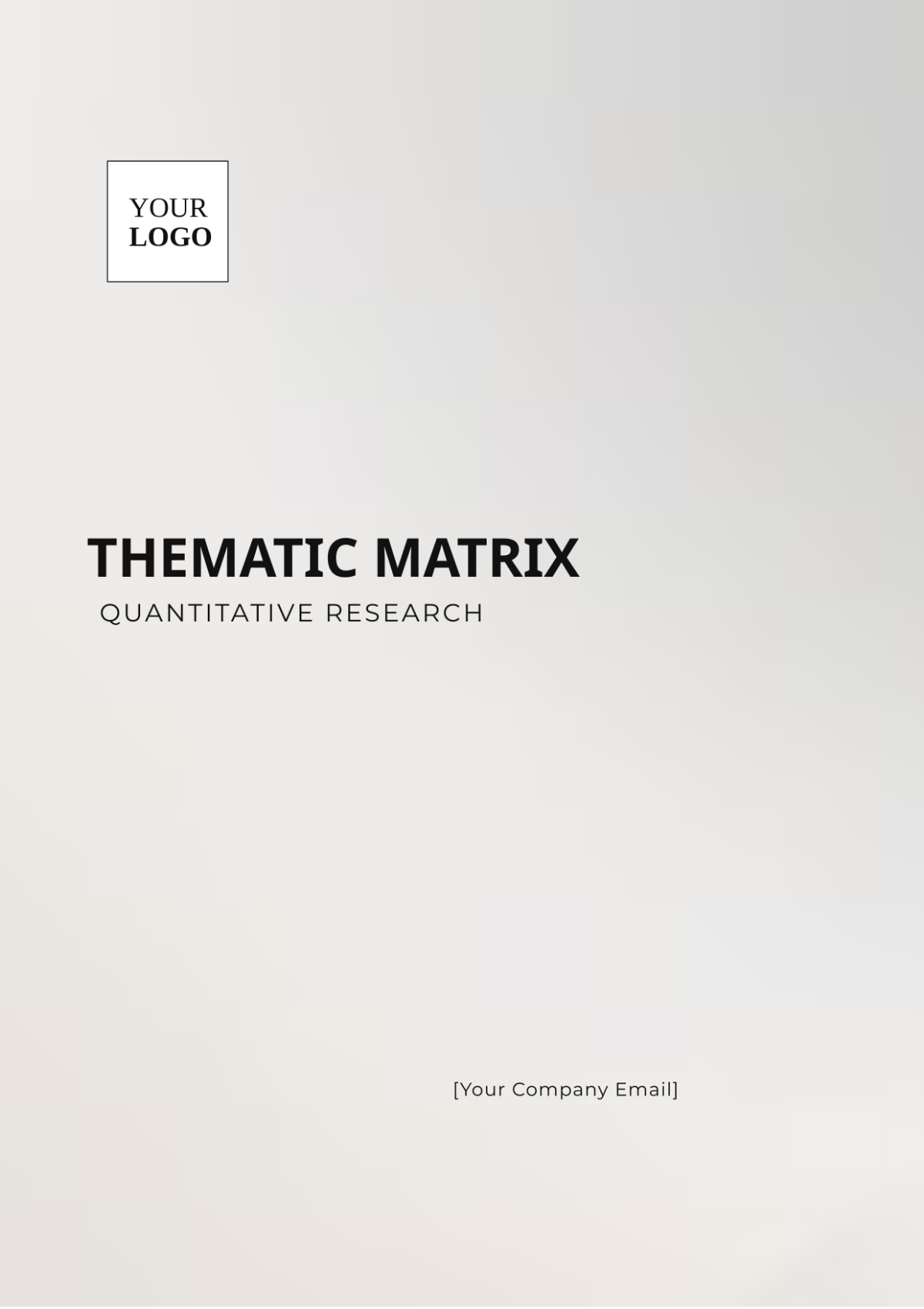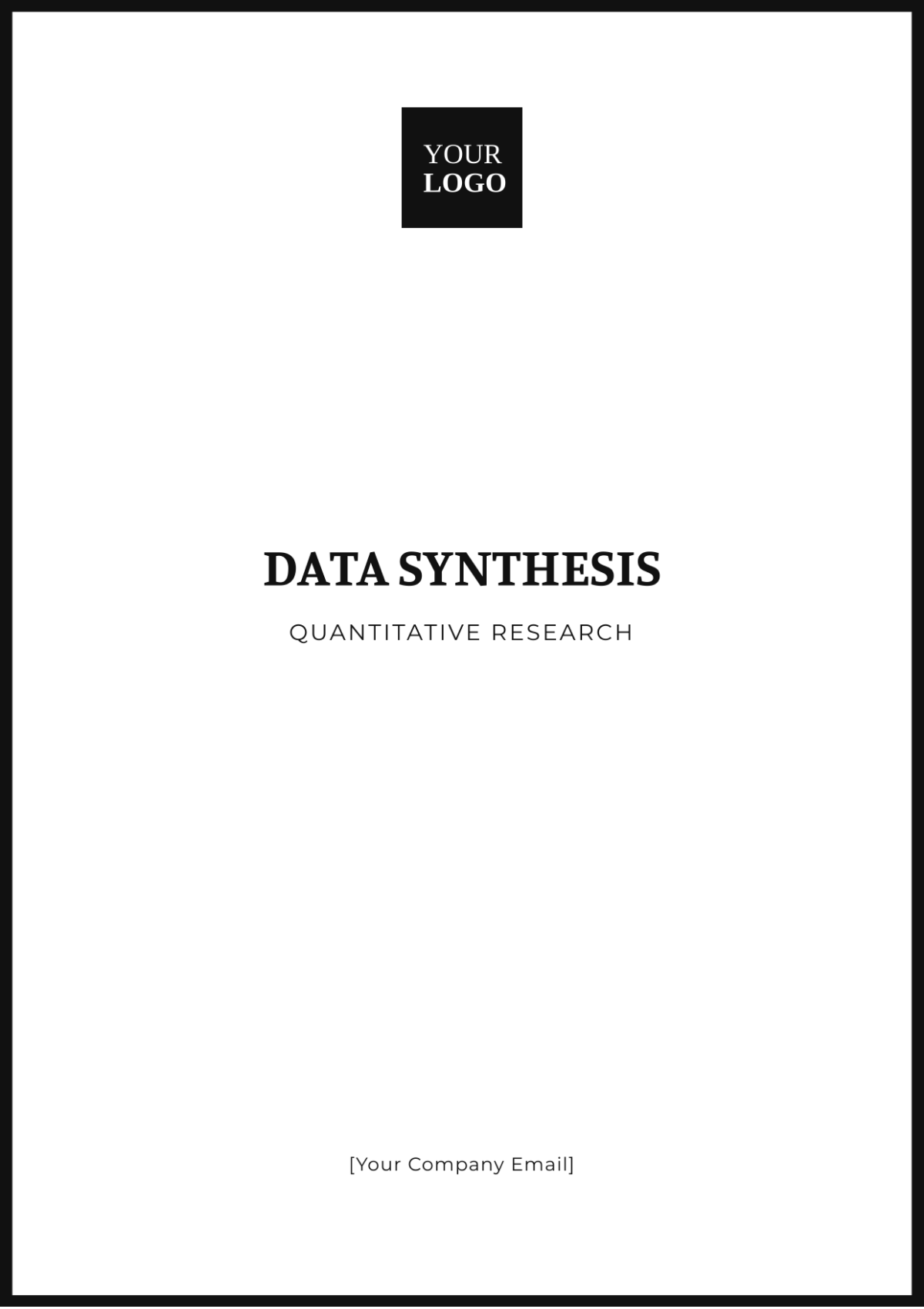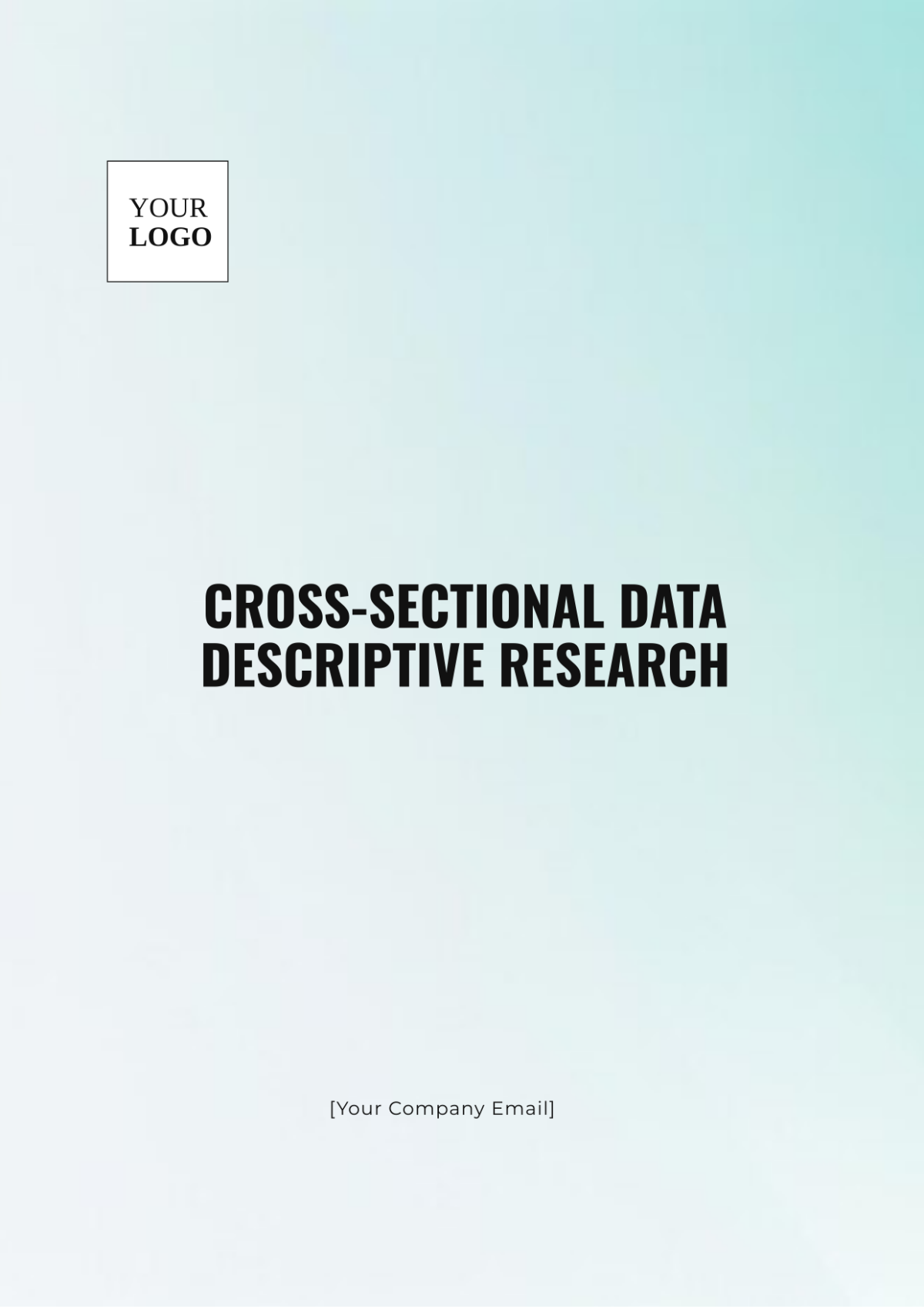Theoretical Research Problem
Prepared By: [Your Name]
Organization Name: [Your Company Name]
1. Introduction
Cognitive science is a dynamic and rapidly evolving field, with new models and frameworks continuously emerging. Despite substantial progress in understanding cognitive processes, significant gaps persist. This research problem aims to identify these gaps, propose new theoretical frameworks, and challenge existing concepts to advance academic knowledge in cognitive science, paving the way for future developments in the field.
2. Objectives
Identify gaps in current cognitive science theories.
Propose new theoretical frameworks to address these gaps.
Challenge and critically evaluate established concepts in the field.
Contribute to the academic discourse on cognitive processes and their mechanisms.
3. Identifying Gaps in Existing Theories
Traditional theories in cognitive science, such as the symbolist approach and connectionist models, often fall short in explaining complex cognitive phenomena. For example, the symbolist approach may not adequately address the dynamic and context-dependent nature of cognition, while connectionist models may struggle with higher-order cognitive functions. As cognitive science progresses, these theories need reevaluation to remain relevant in addressing future challenges.
4. Proposing New Theoretical Frameworks
To address the identified gaps, new theoretical frameworks must be proposed. Hybrid models that integrate elements from various theoretical approaches, coupled with interdisciplinary perspectives, could provide a more comprehensive understanding of cognitive processes. This involves considering advancements in technology, such as artificial intelligence, and integrating these developments into new theoretical models to address emerging complexities.
5. Challenging Established Concepts
Reevaluating established concepts is essential for advancing cognitive science. For instance, the notion of modularity, which posits that the brain has distinct regions for specific cognitive functions, is being challenged by evidence suggesting a more integrated and interconnected brain function. This research will critically assess these concepts and explore alternative theories that may better explain cognitive processes in light of future discoveries.
6. Methodology
Literature Review: Conduct a comprehensive review of existing theoretical frameworks in cognitive science.
Gap Analysis: Identify areas where current theories are deficient or lack explanatory power.
Model Development: Propose new frameworks based on interdisciplinary research and emerging data.
Critical Evaluation: Assess the validity and applicability of both new and established theories through empirical studies.
7. Conclusion
This research aims to advance theoretical understanding in cognitive science by identifying gaps, proposing new frameworks, and challenging established concepts. The findings are expected to contribute to a more nuanced comprehension of cognitive processes and have implications for practical applications in fields such as artificial intelligence, education, and mental health.
8. References
Smith, J. (2055). Understanding Cognitive Processes: A Comprehensive Review. Cognitive Science Press.
Doe, A., & Roe, B. (2057). "Reevaluating Modular Theories: A Critical Analysis." Journal of Cognitive Research, 20, 89-110. https://doi.org/10.1234/jcr.2057.0123456
Johnson, C. (2059). Hybrid Models in Cognitive Science: Bridging Theoretical Gaps. Academic Publishers.
